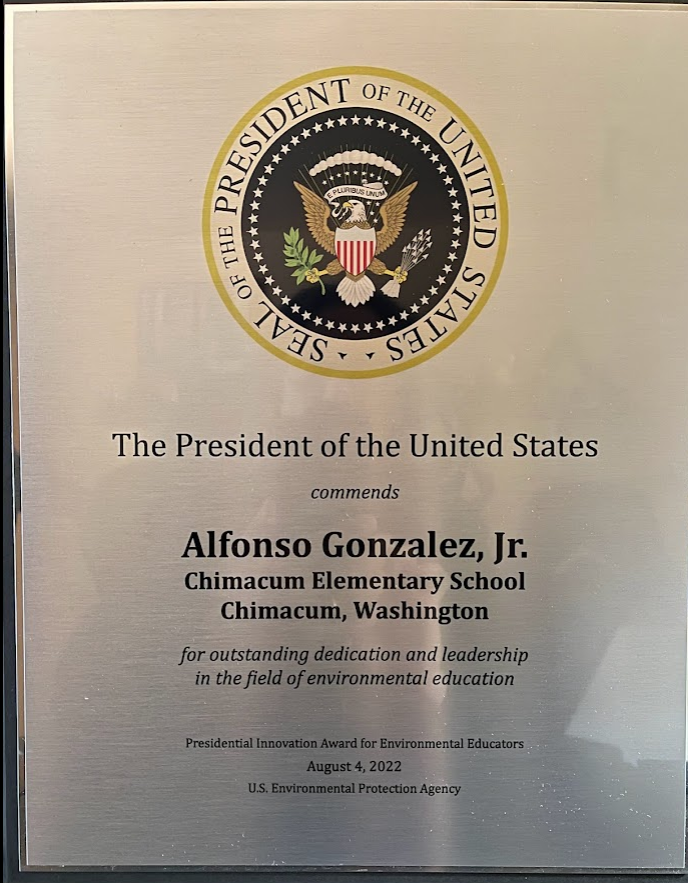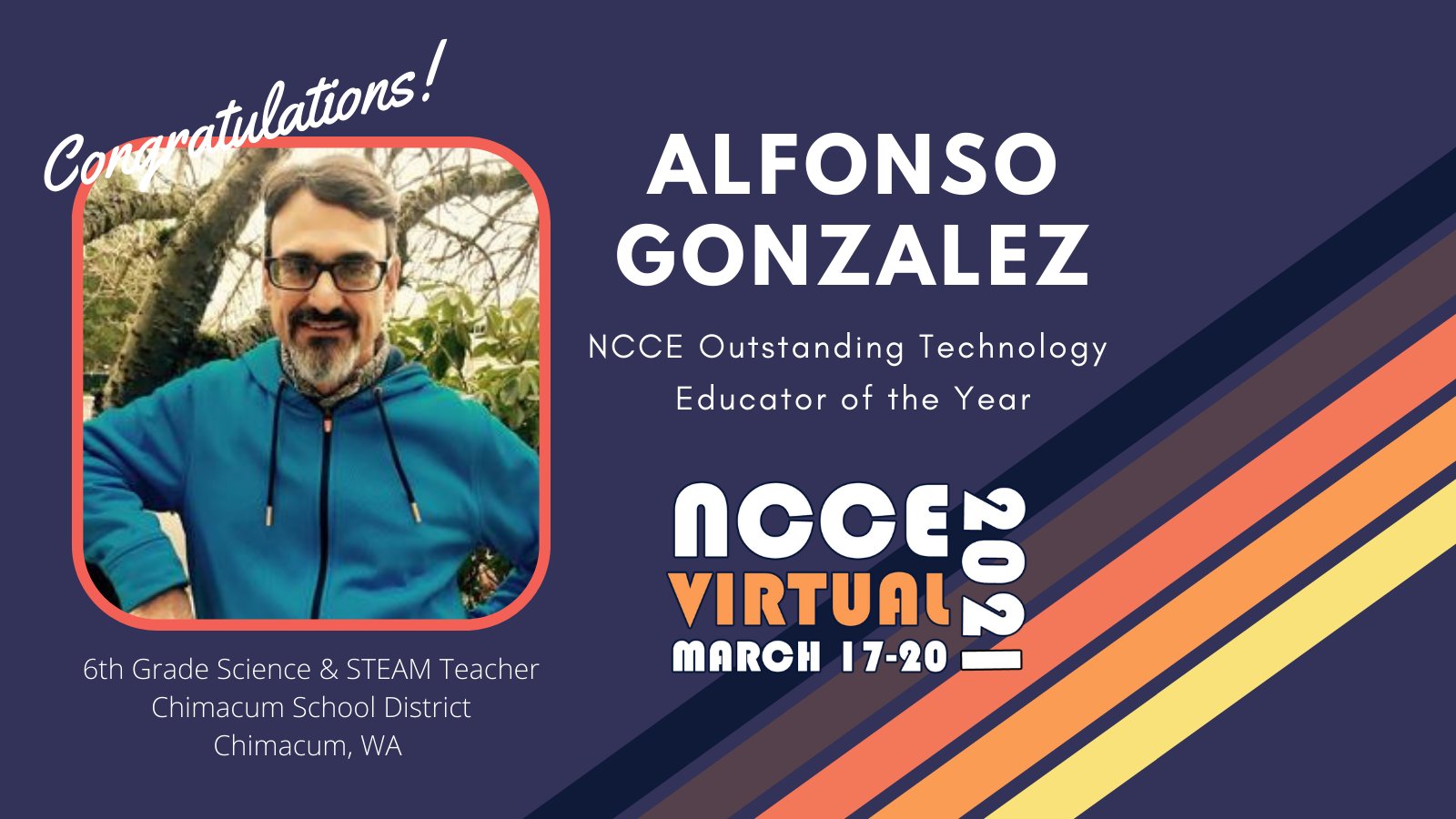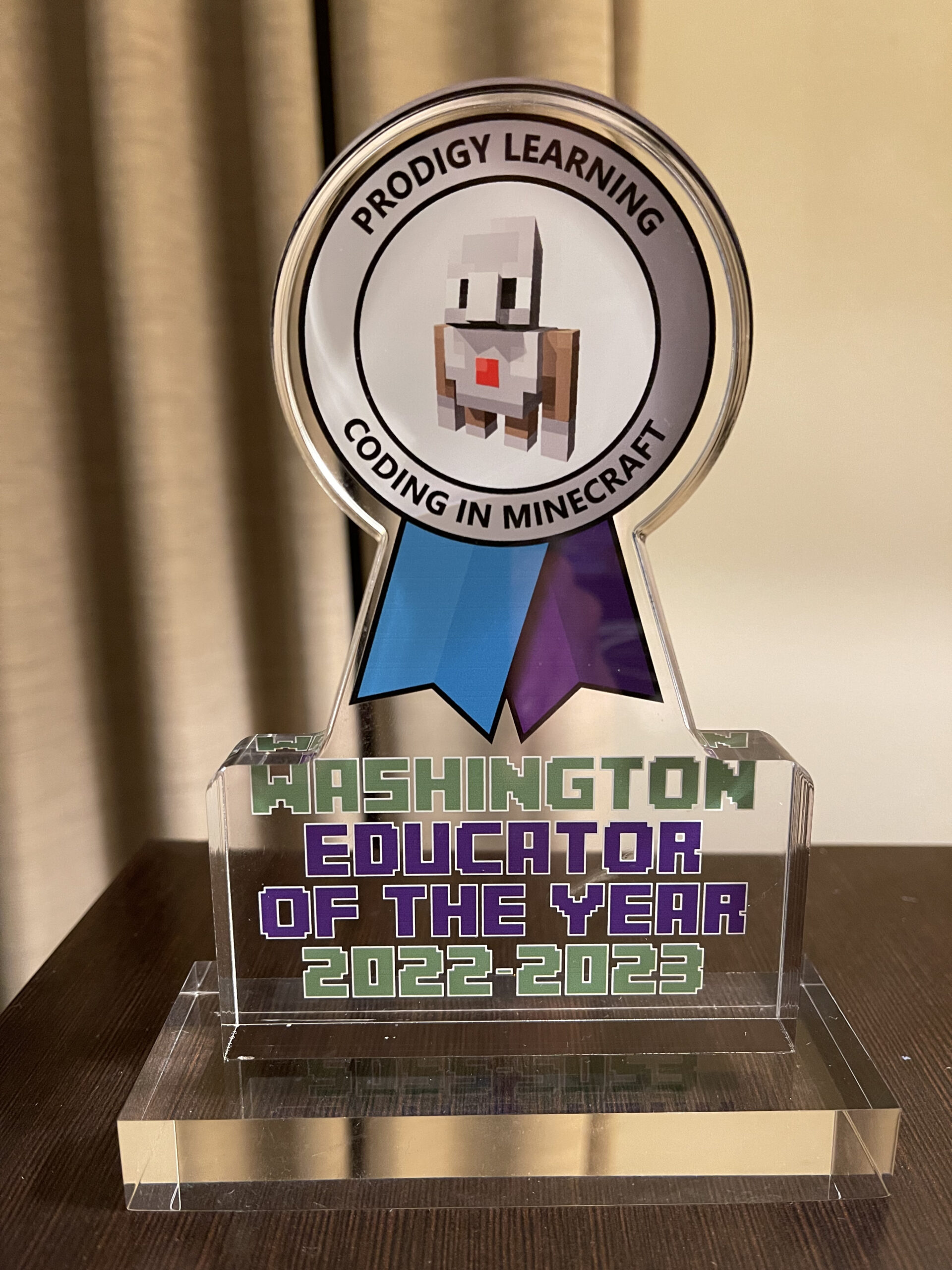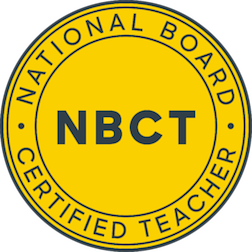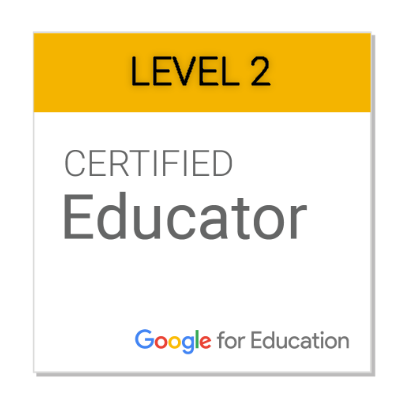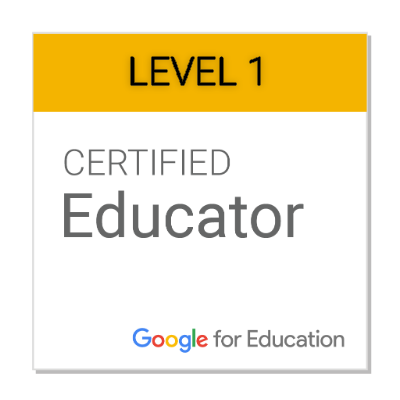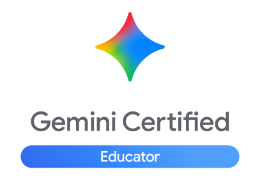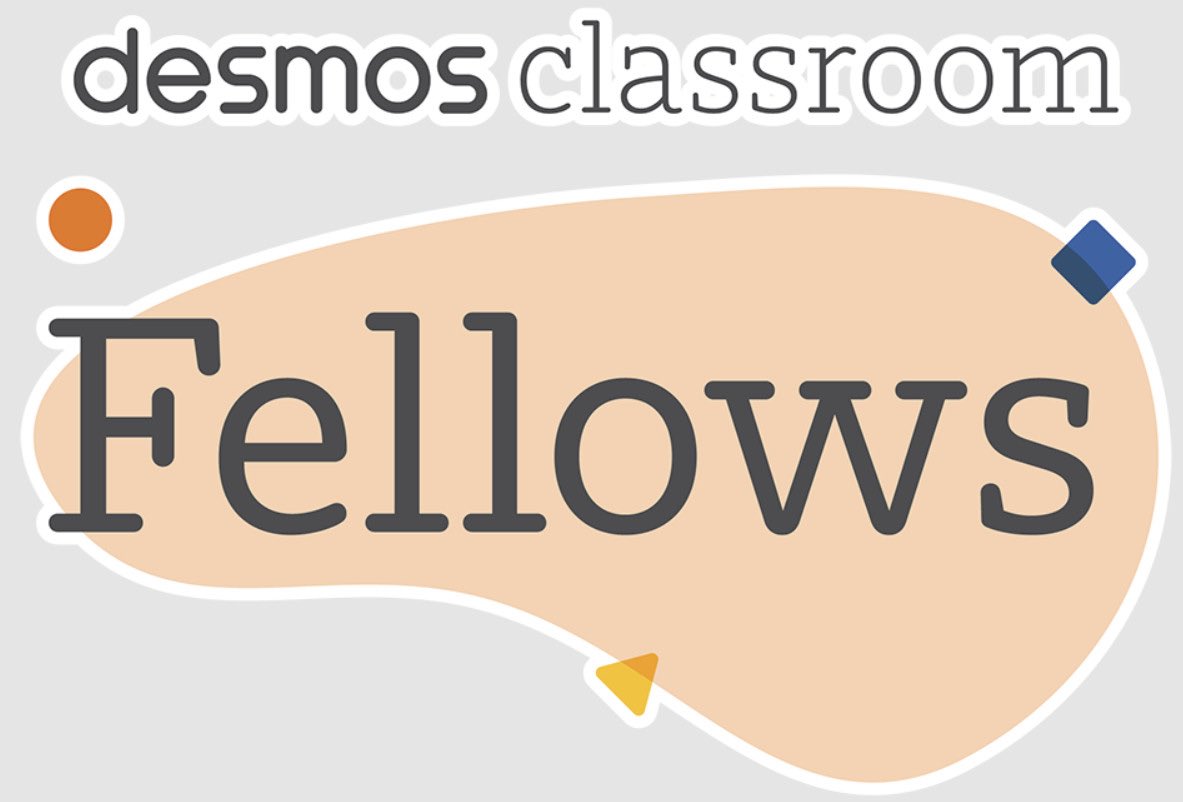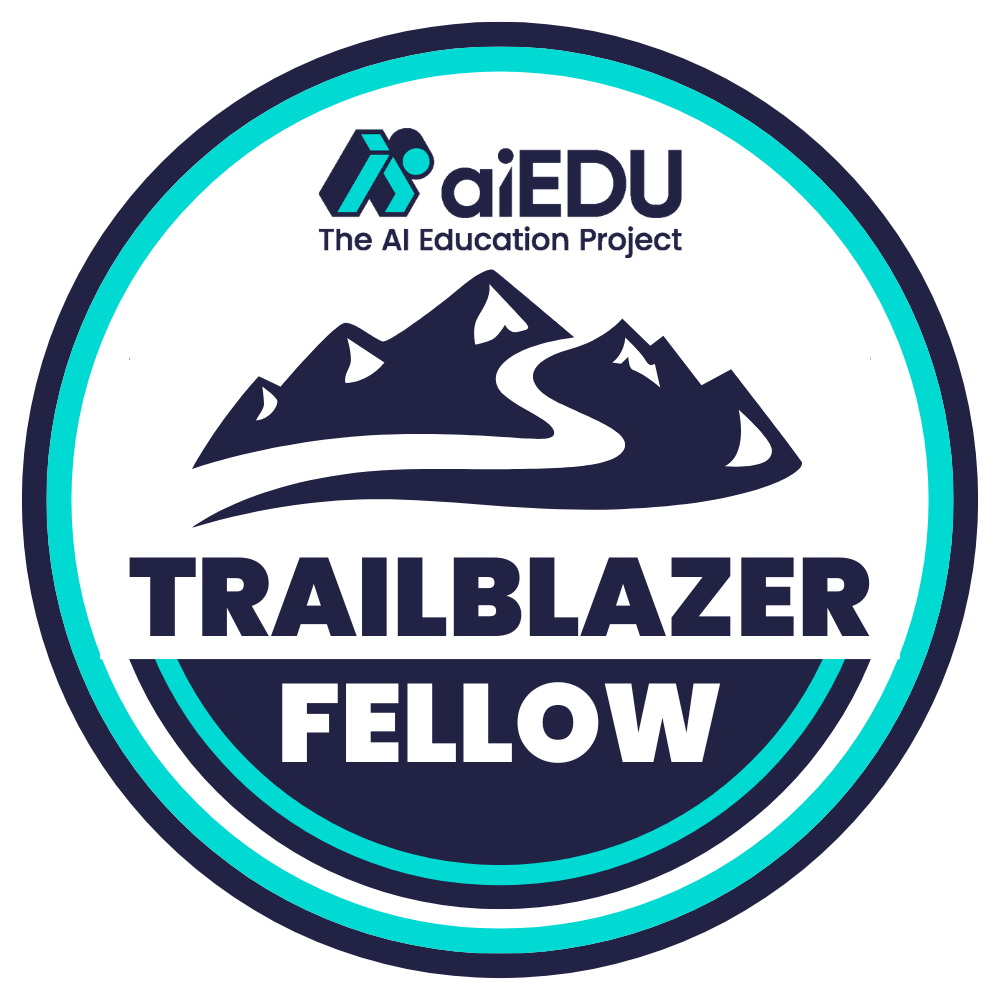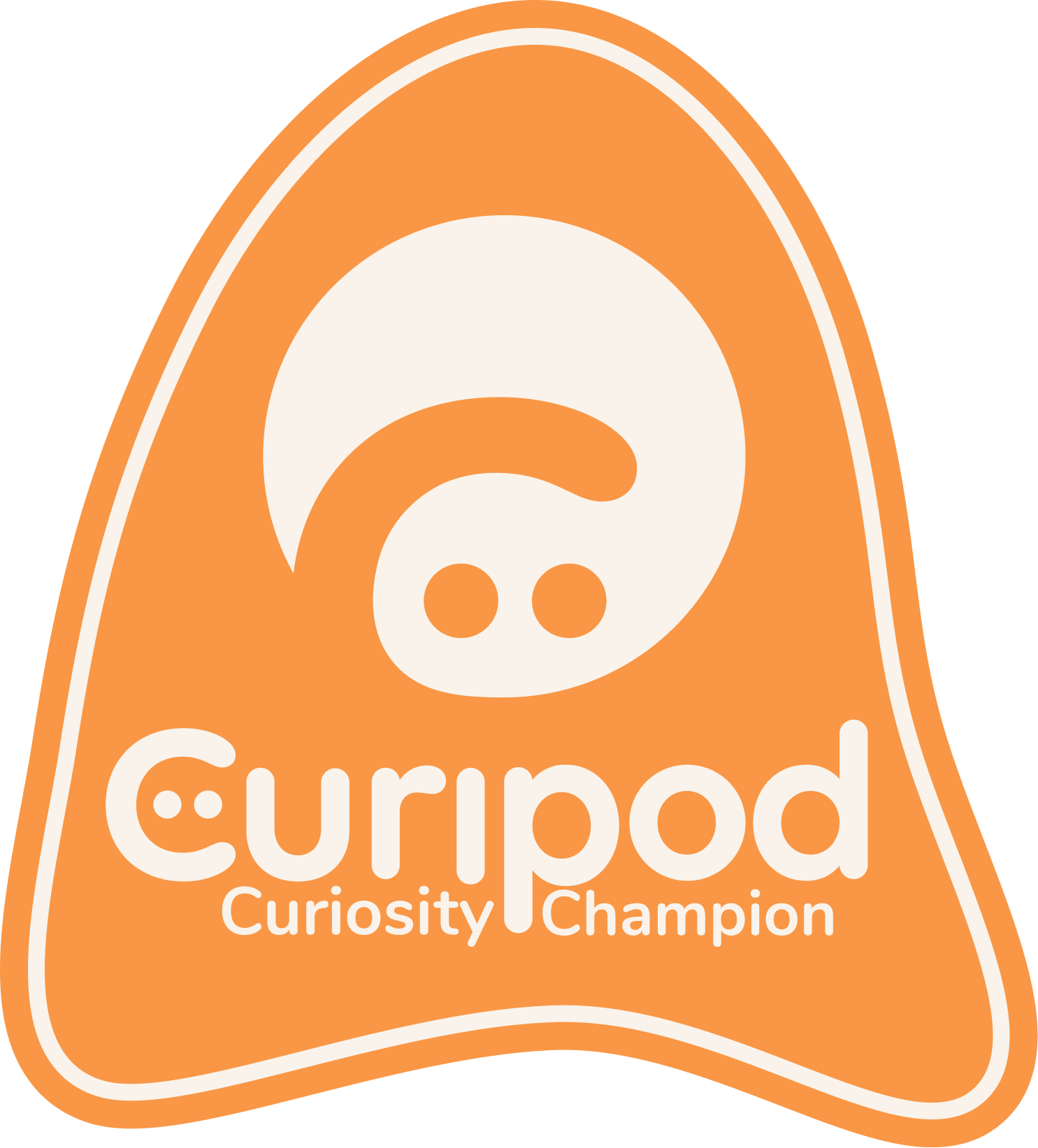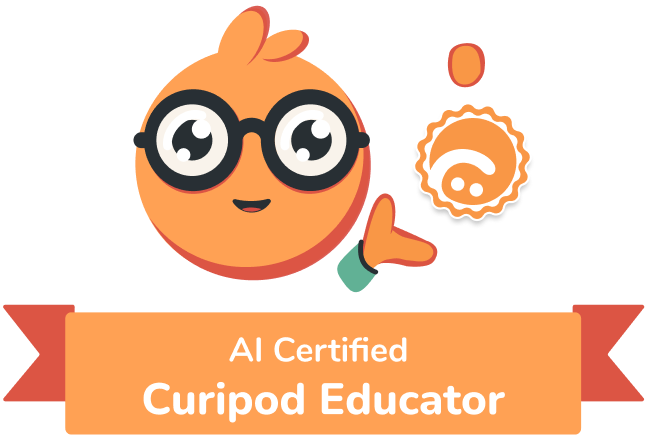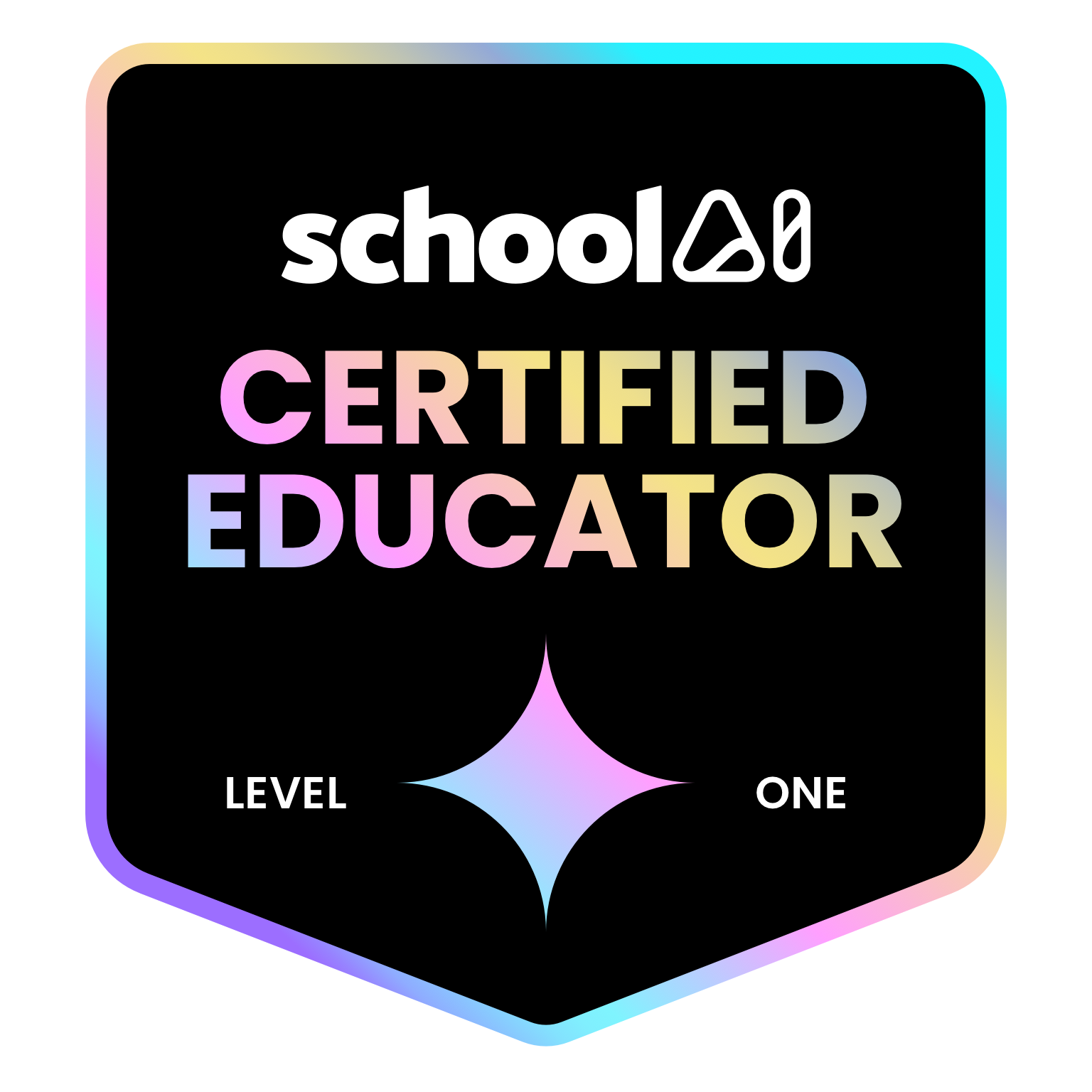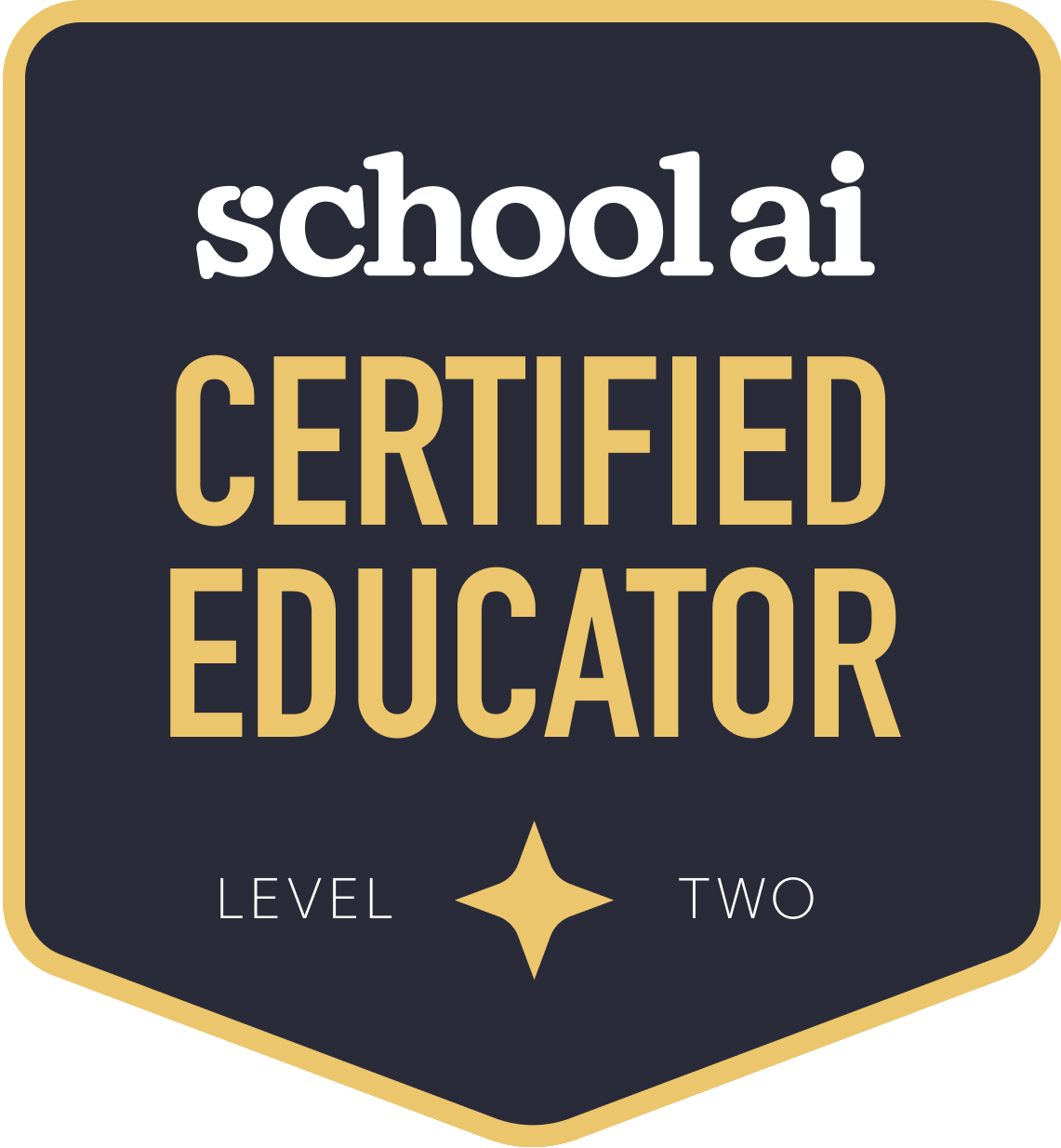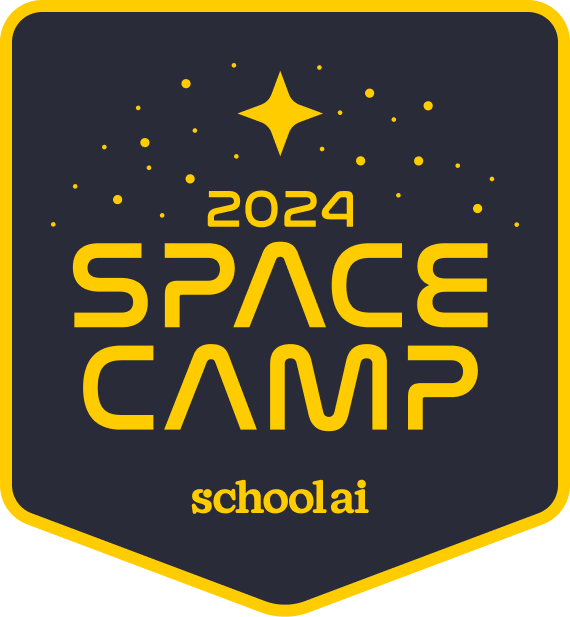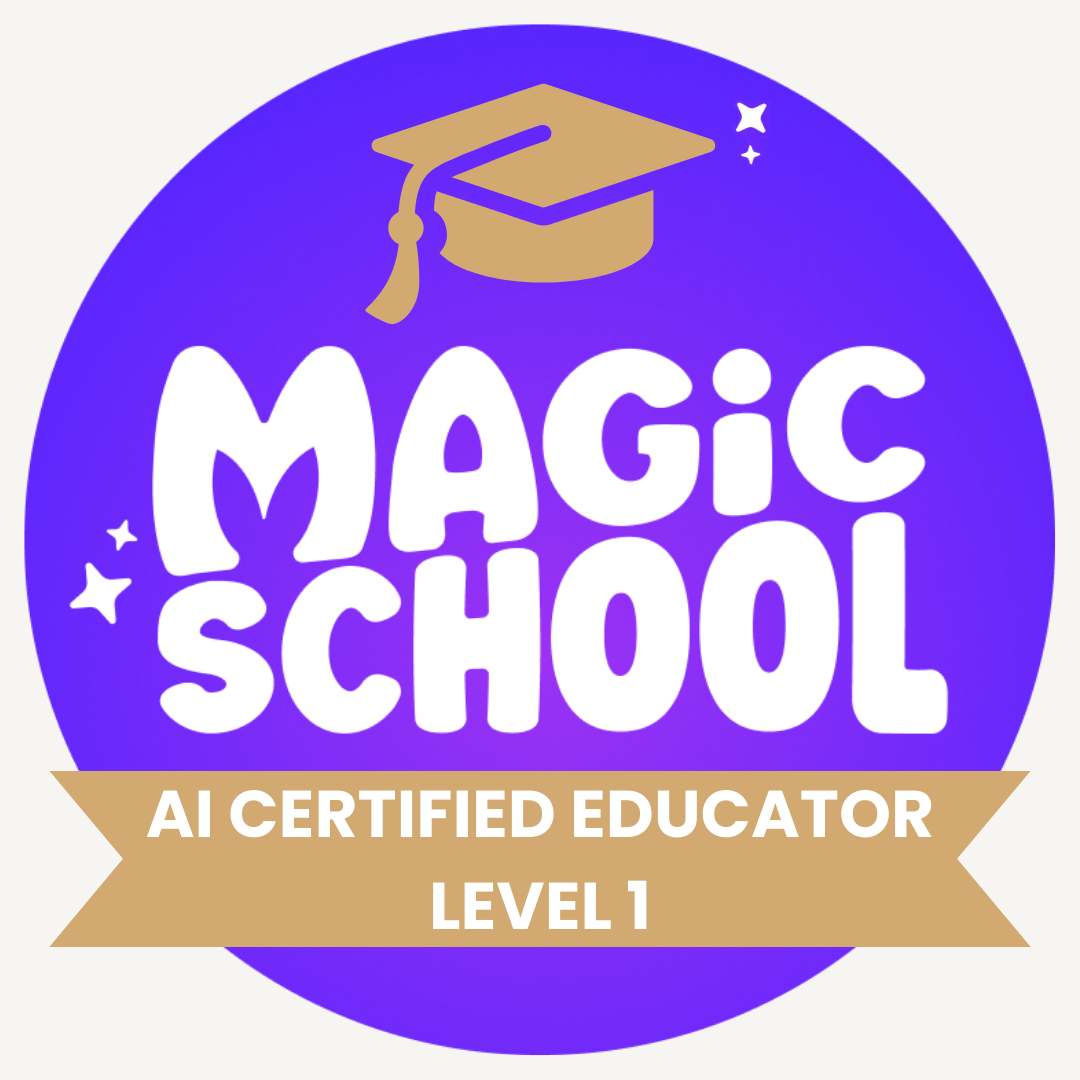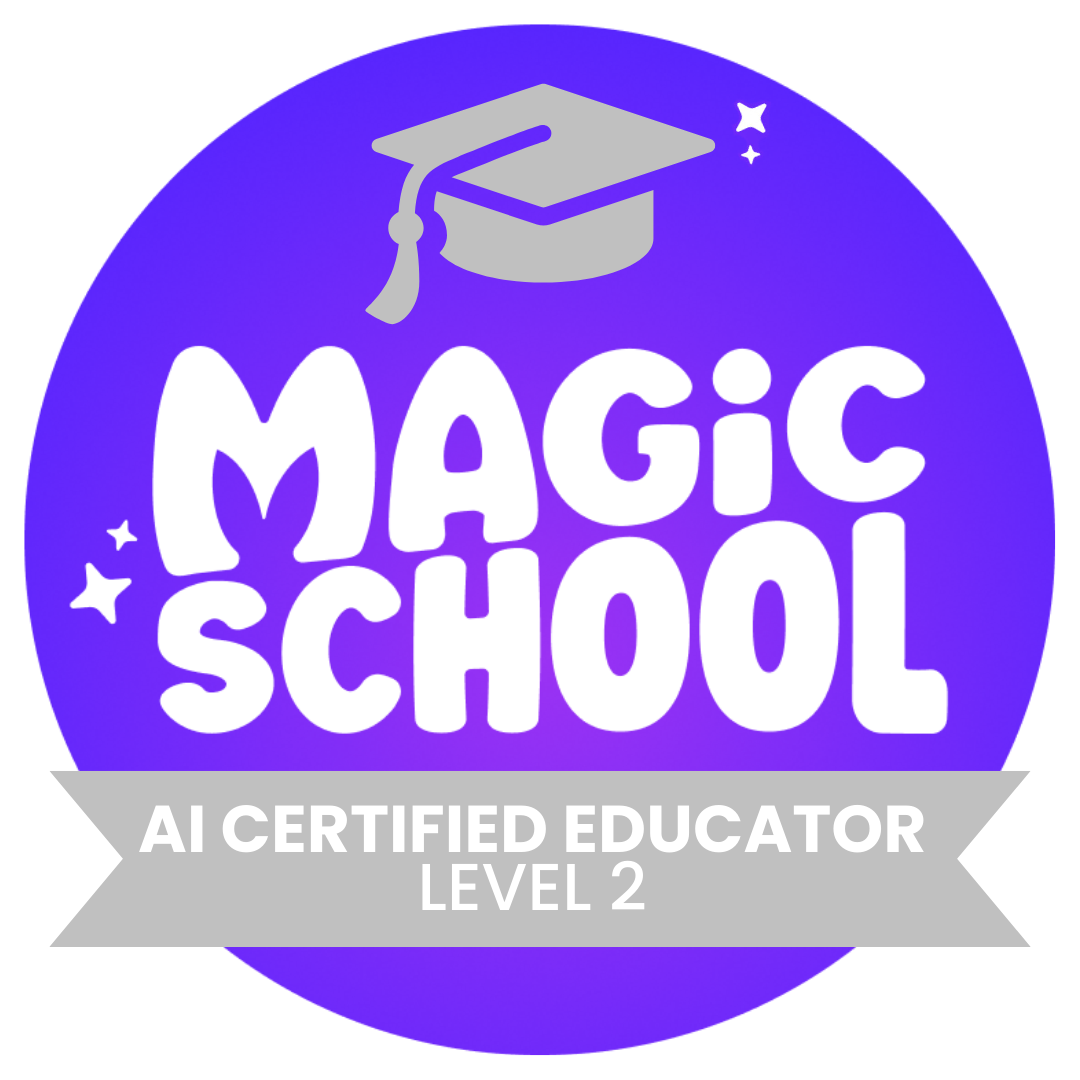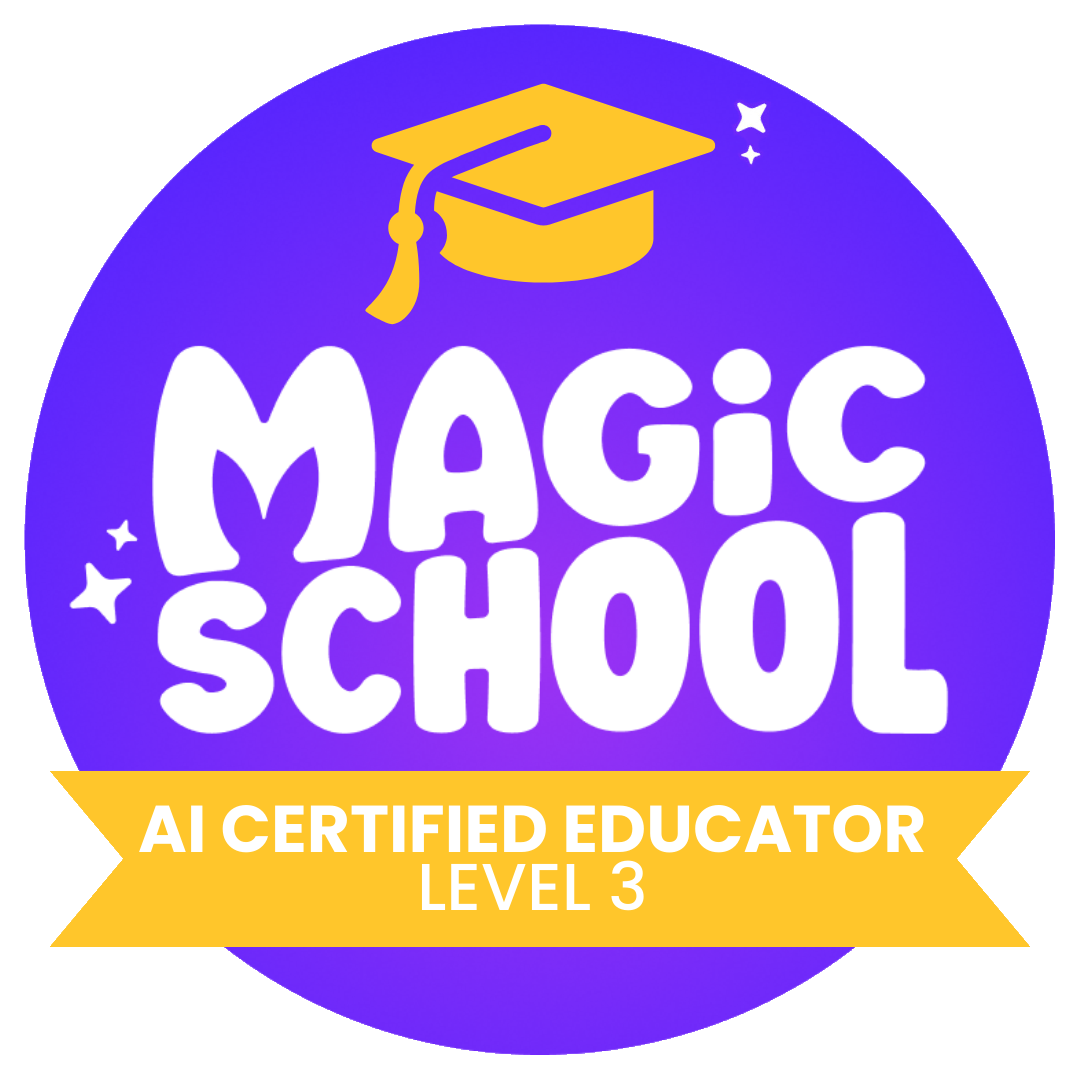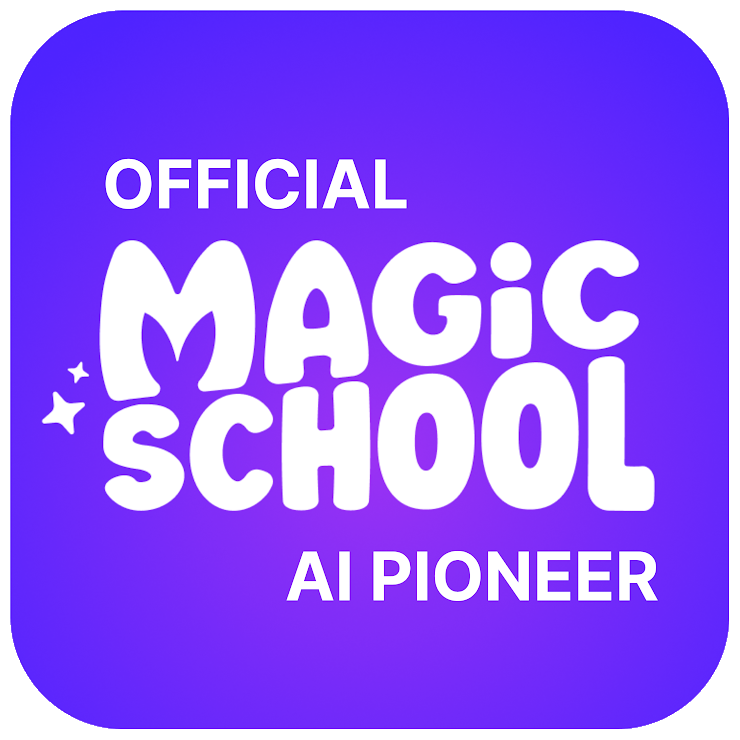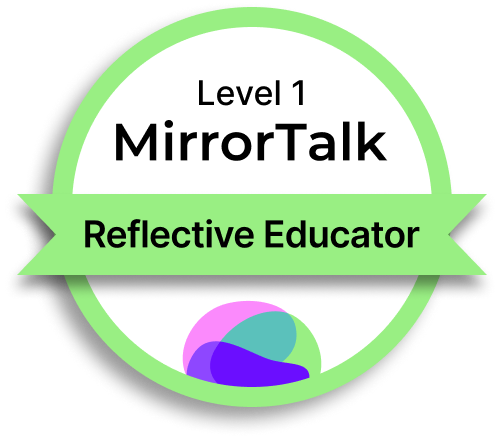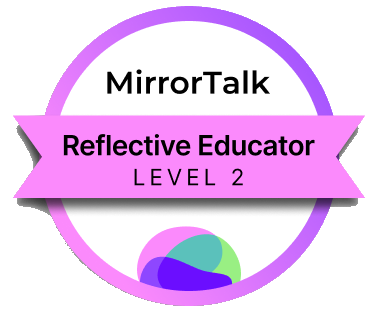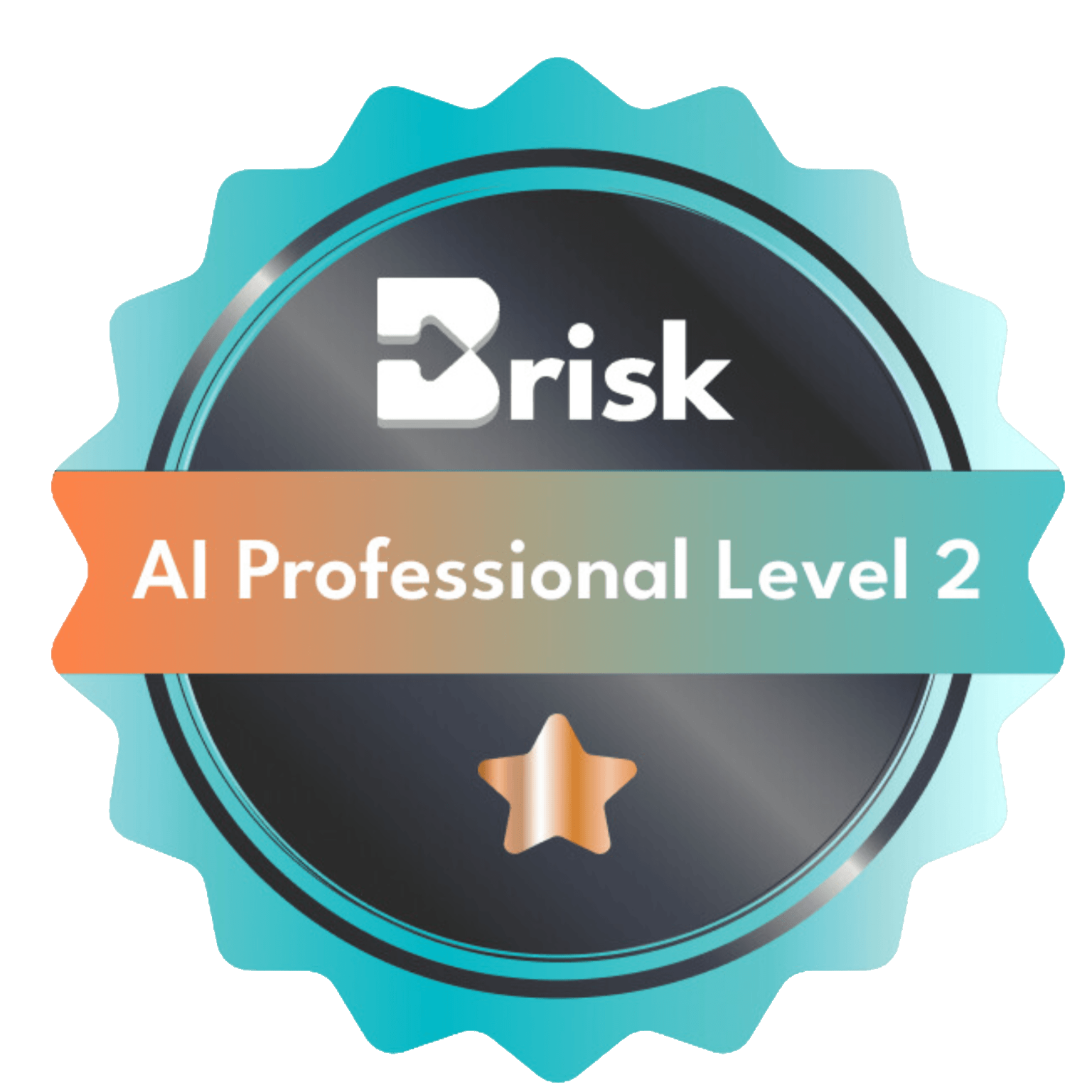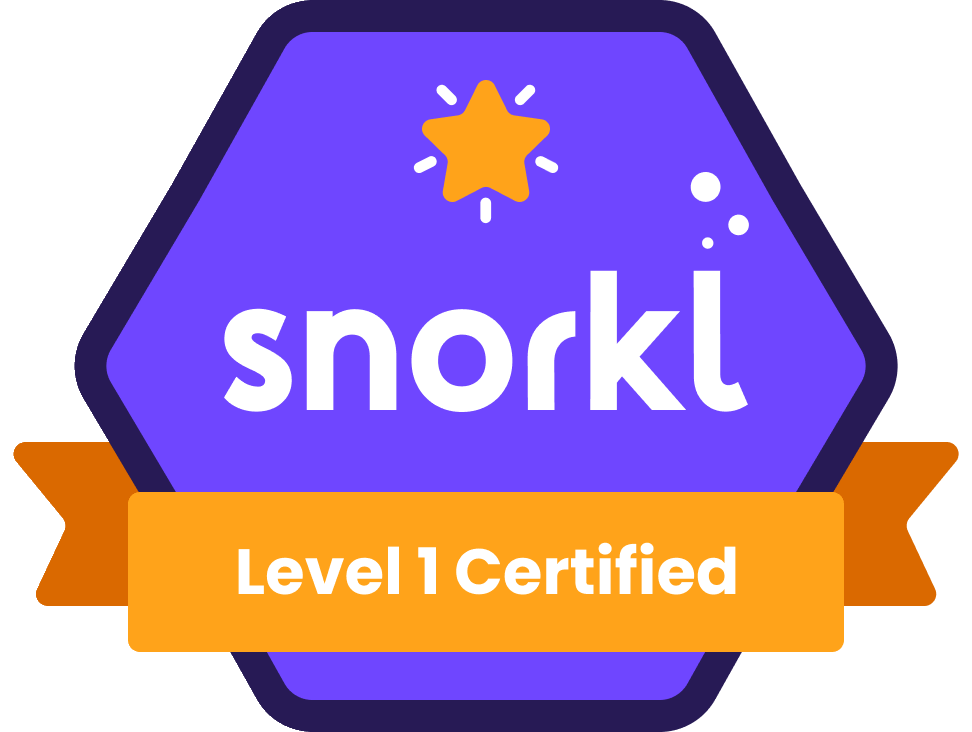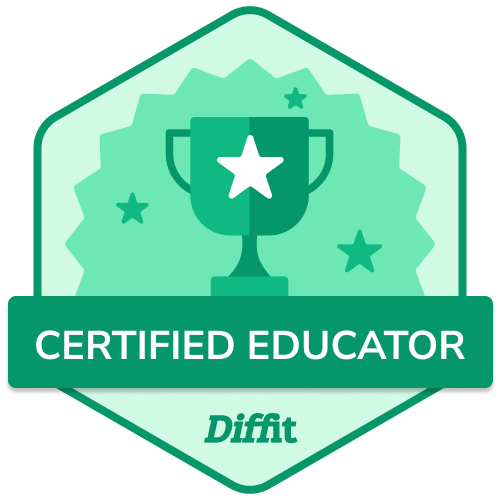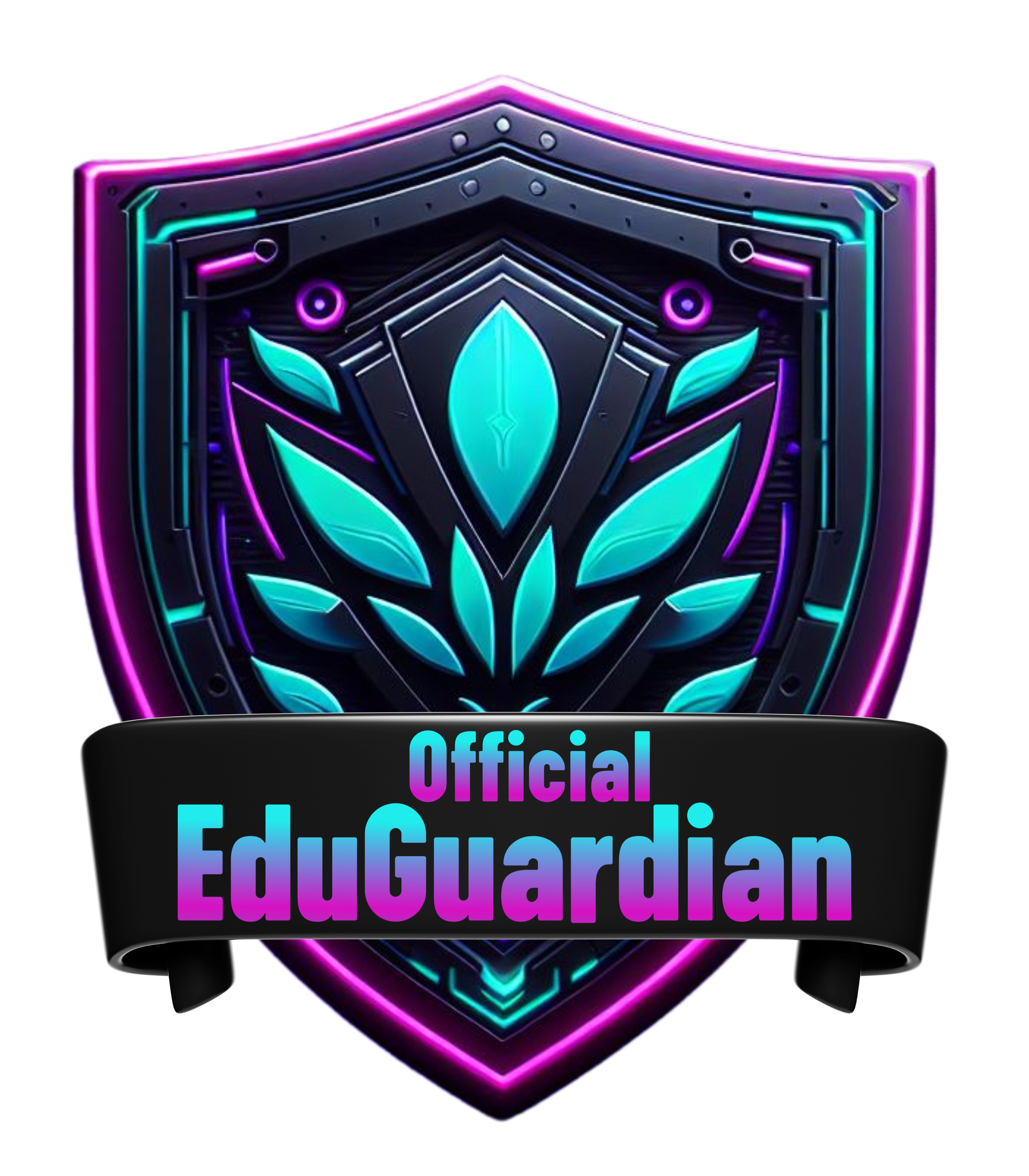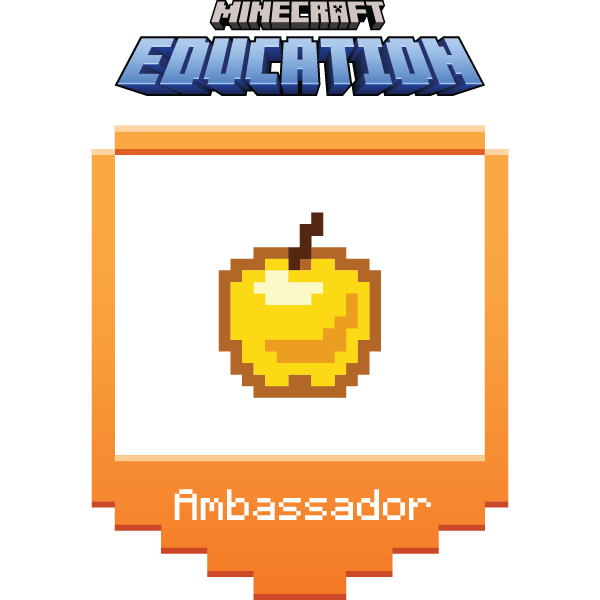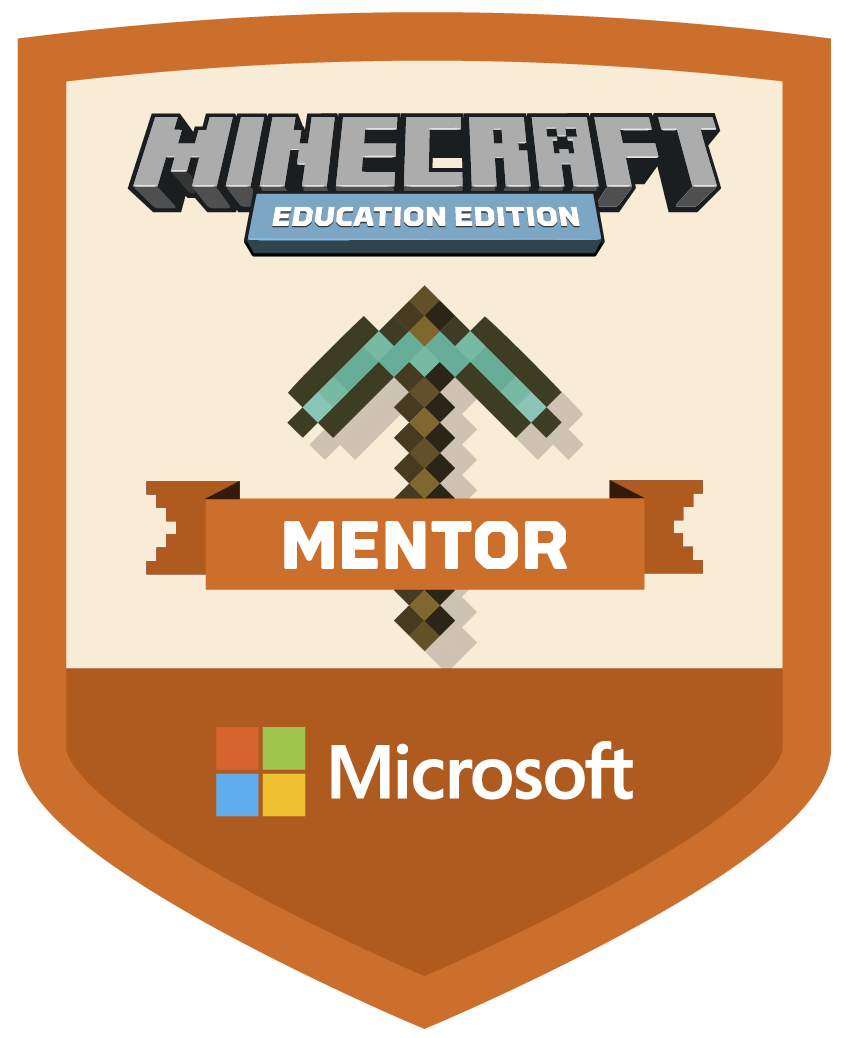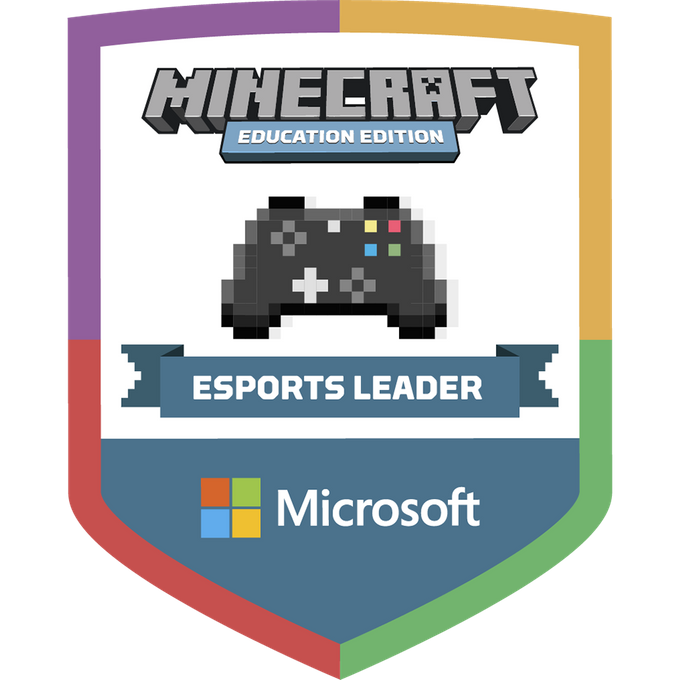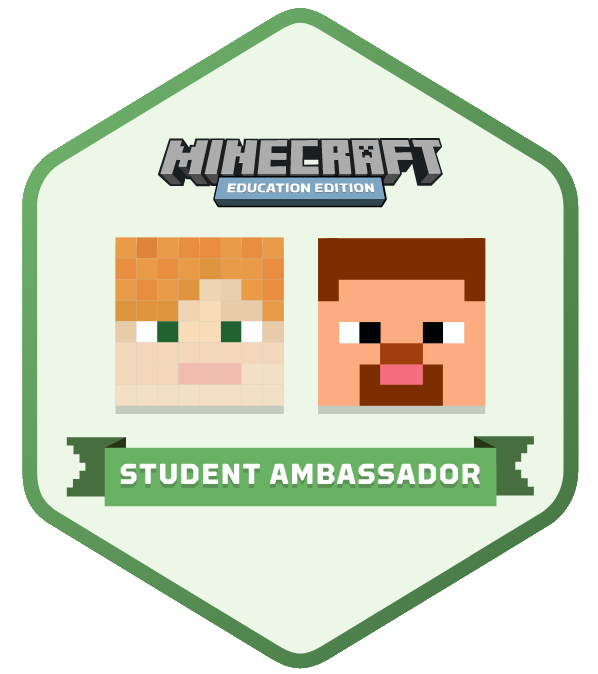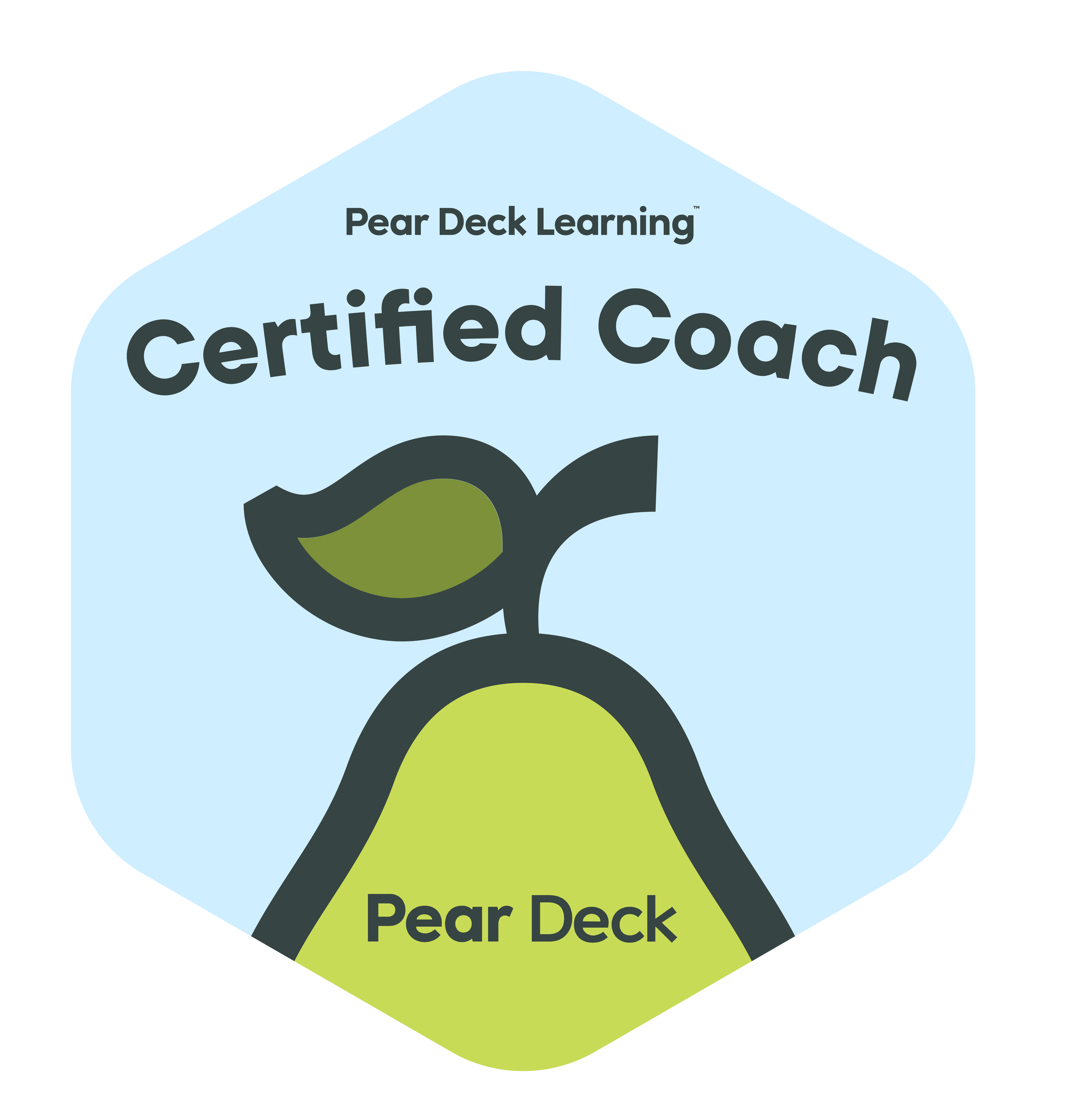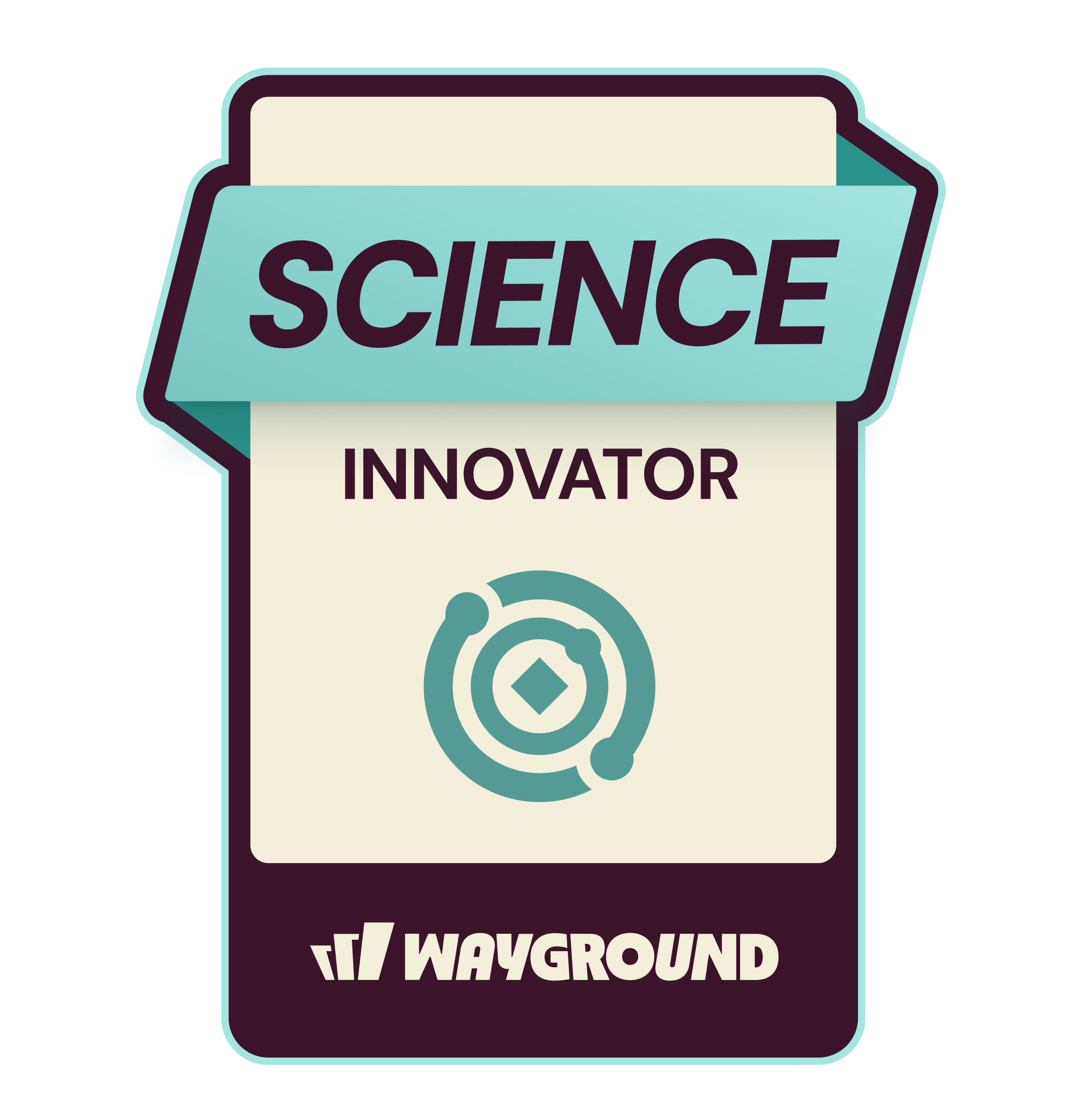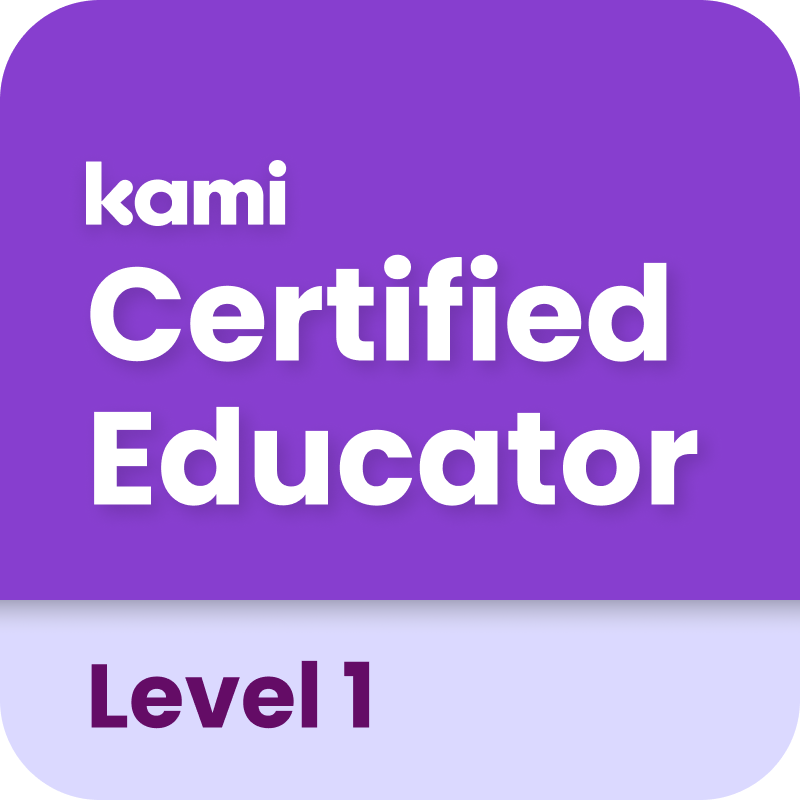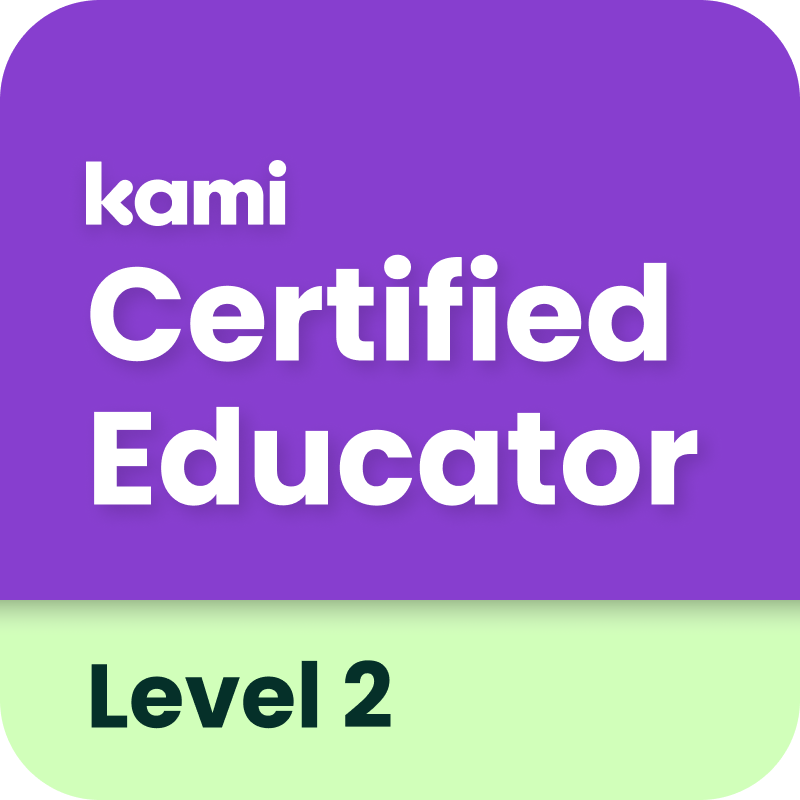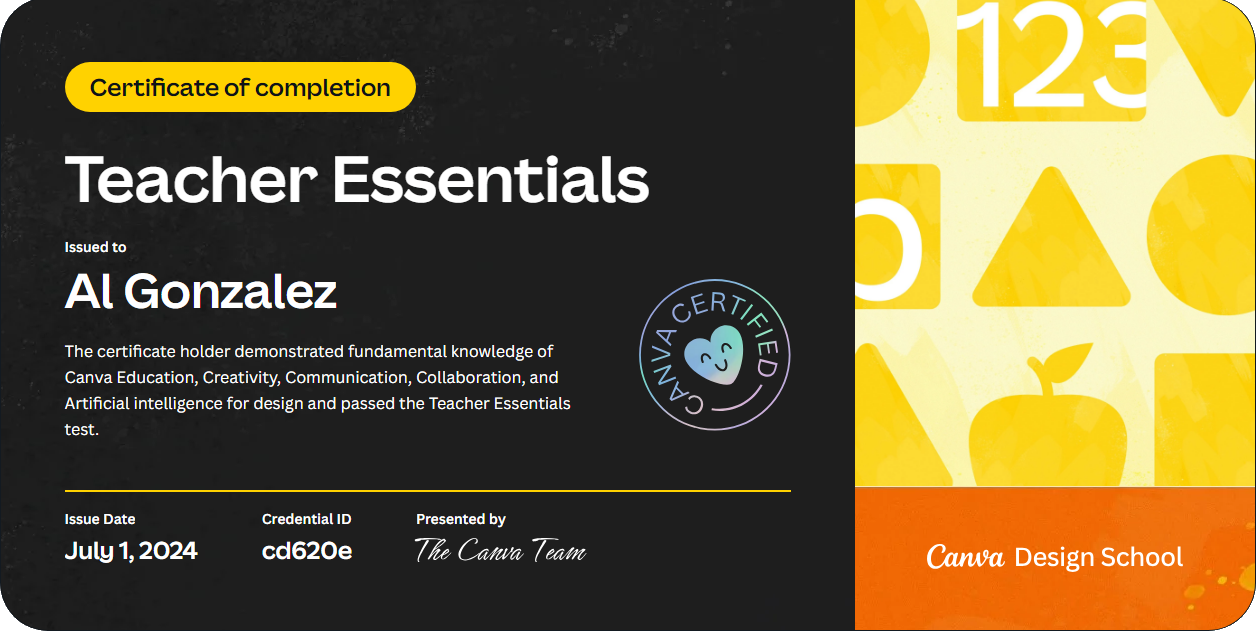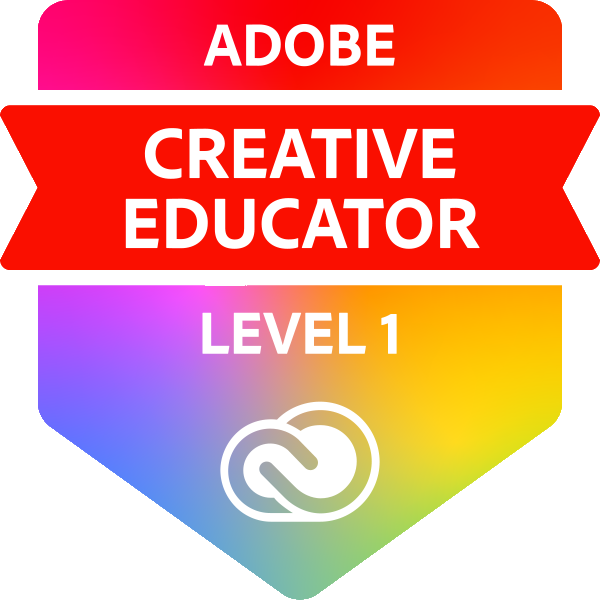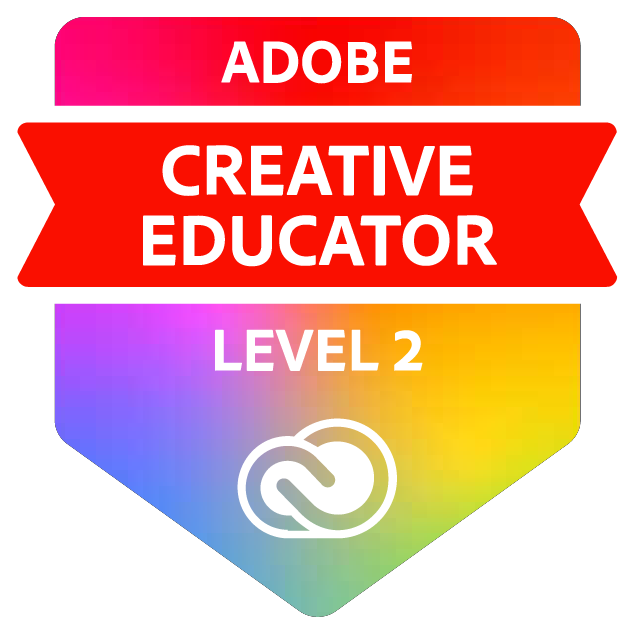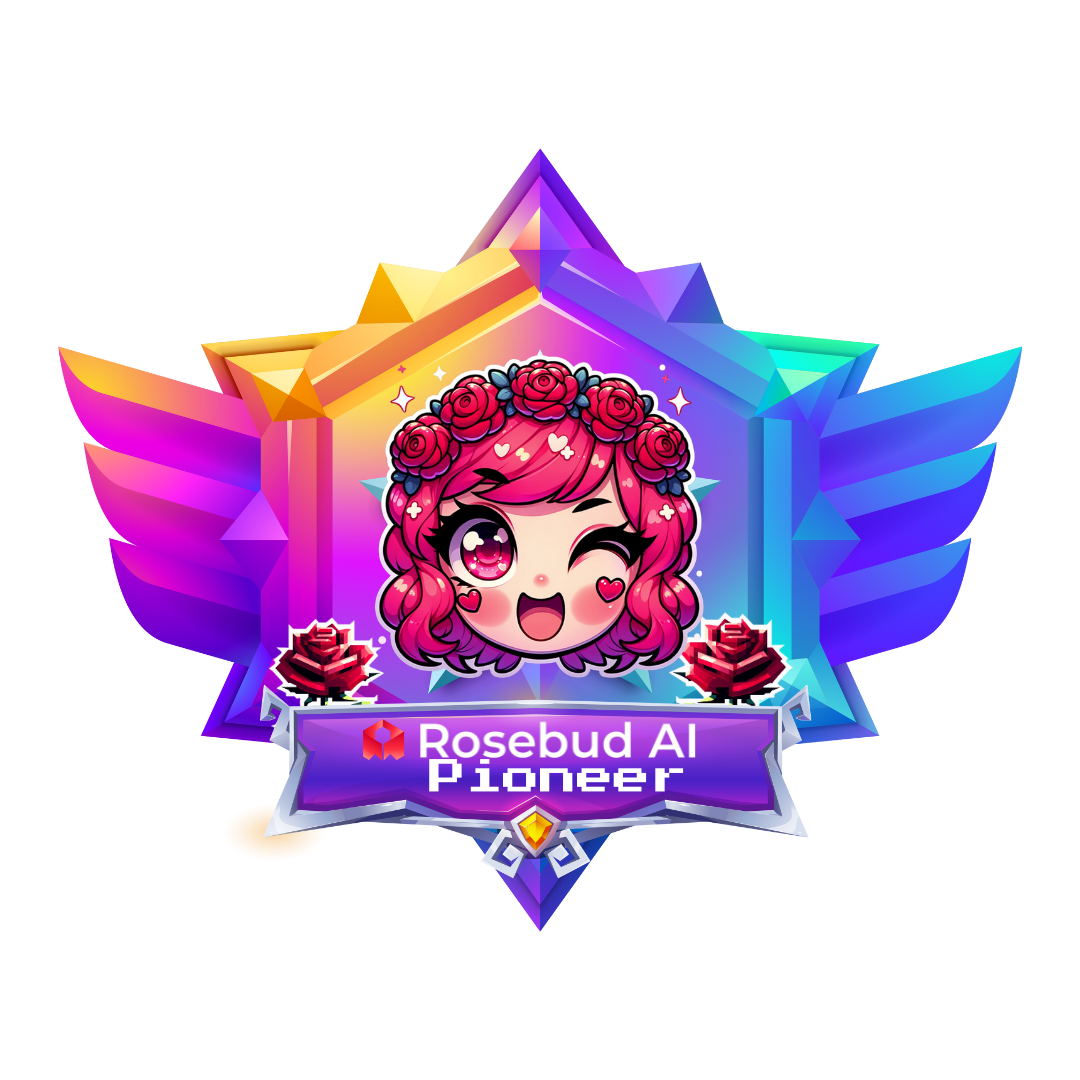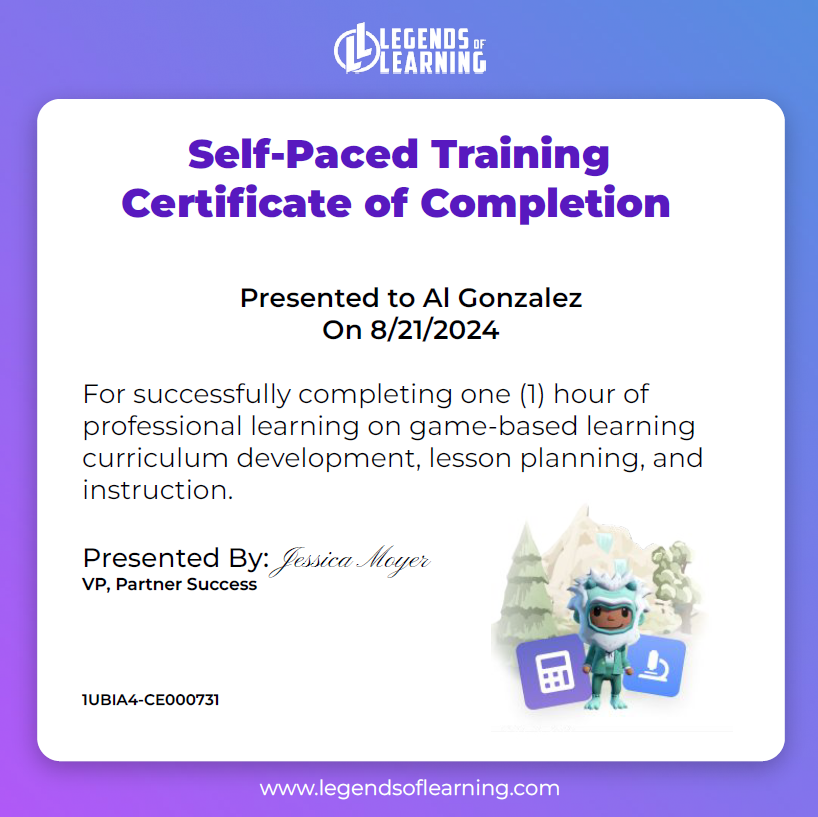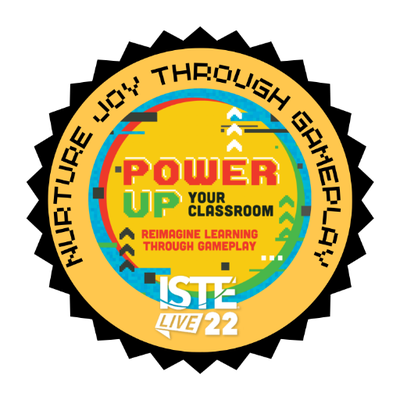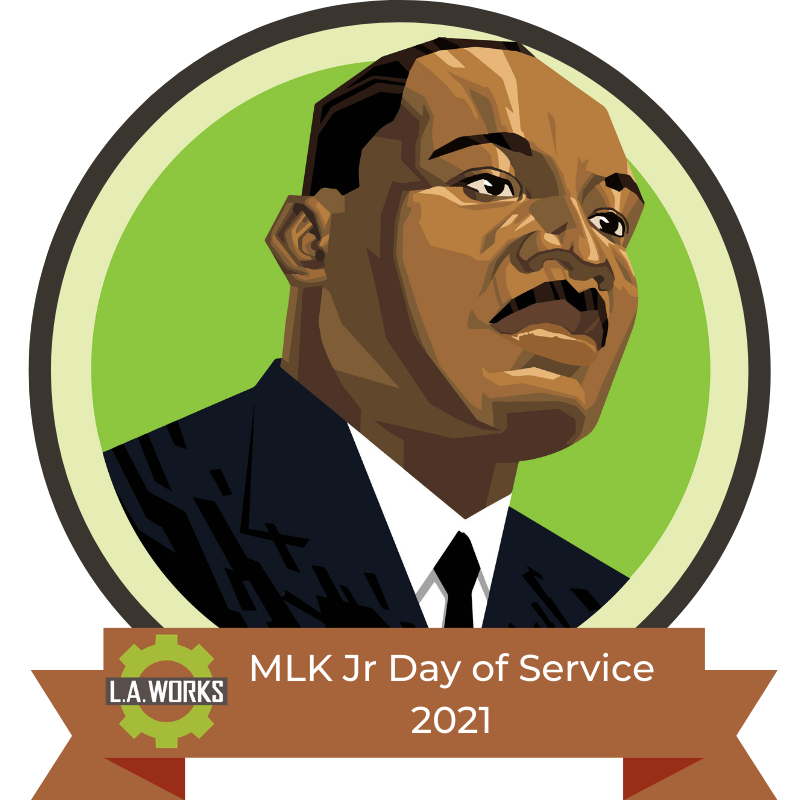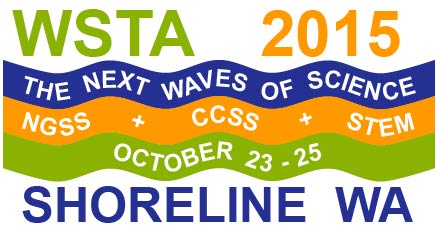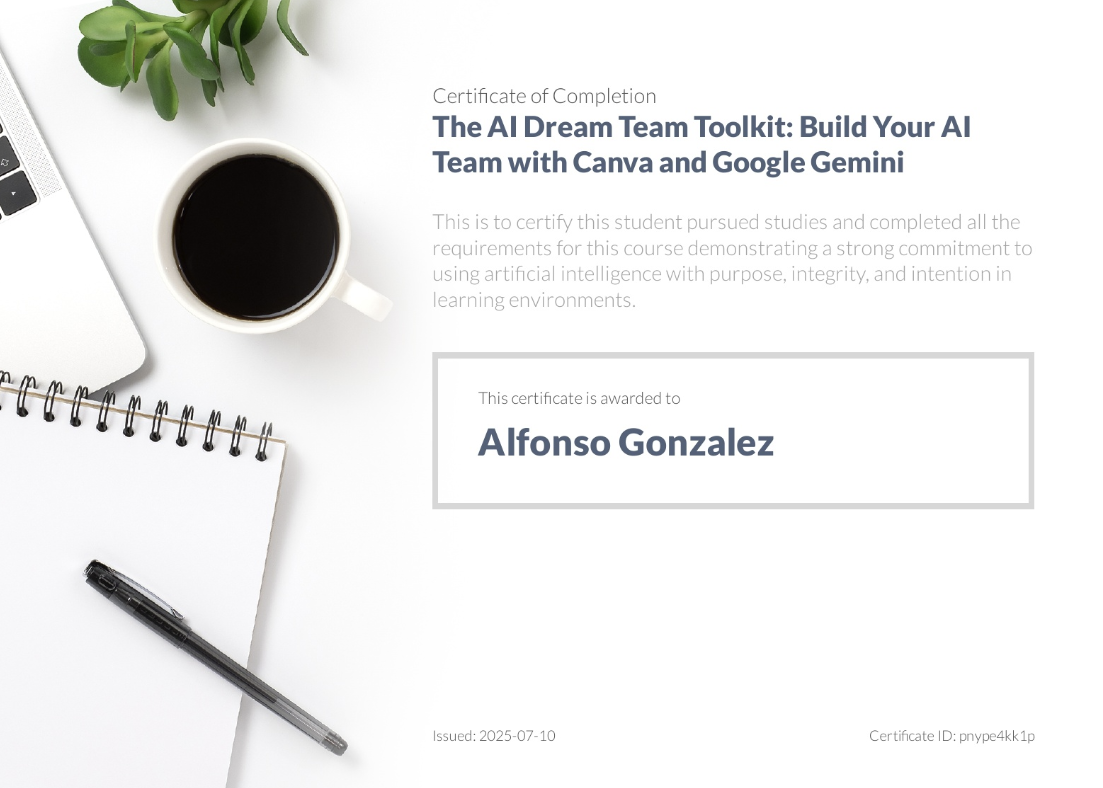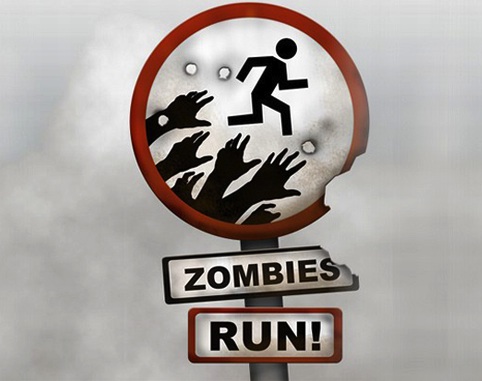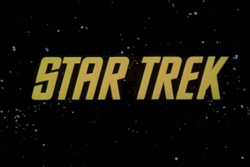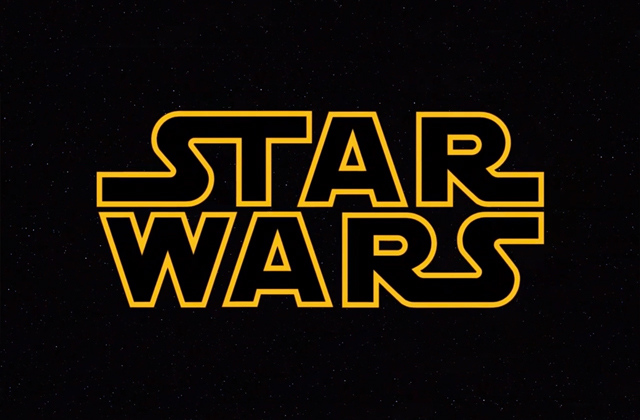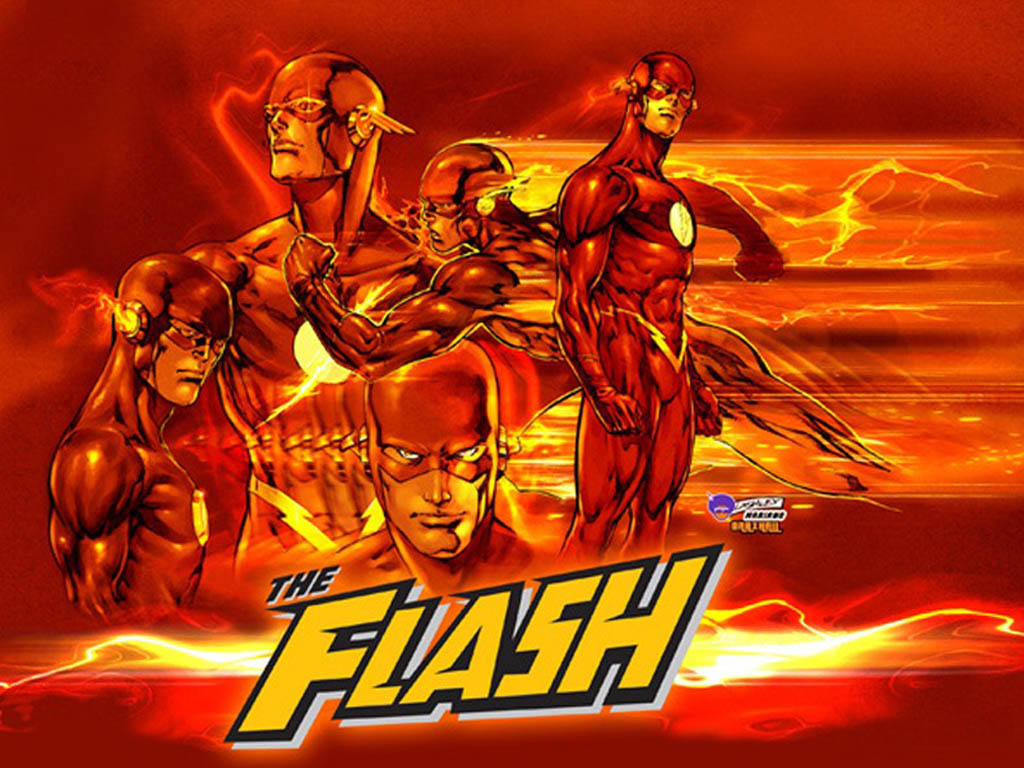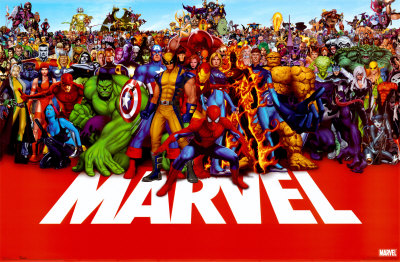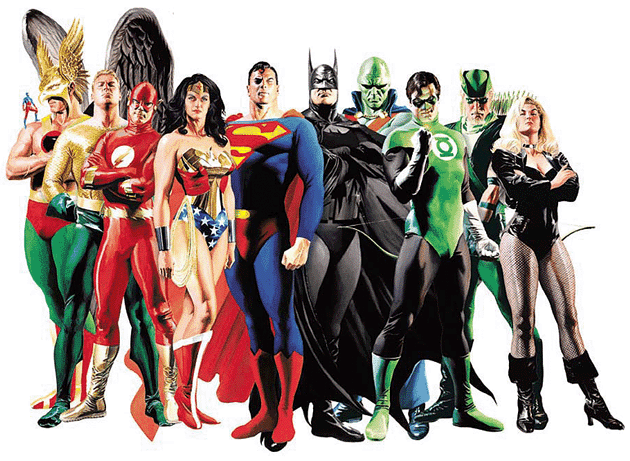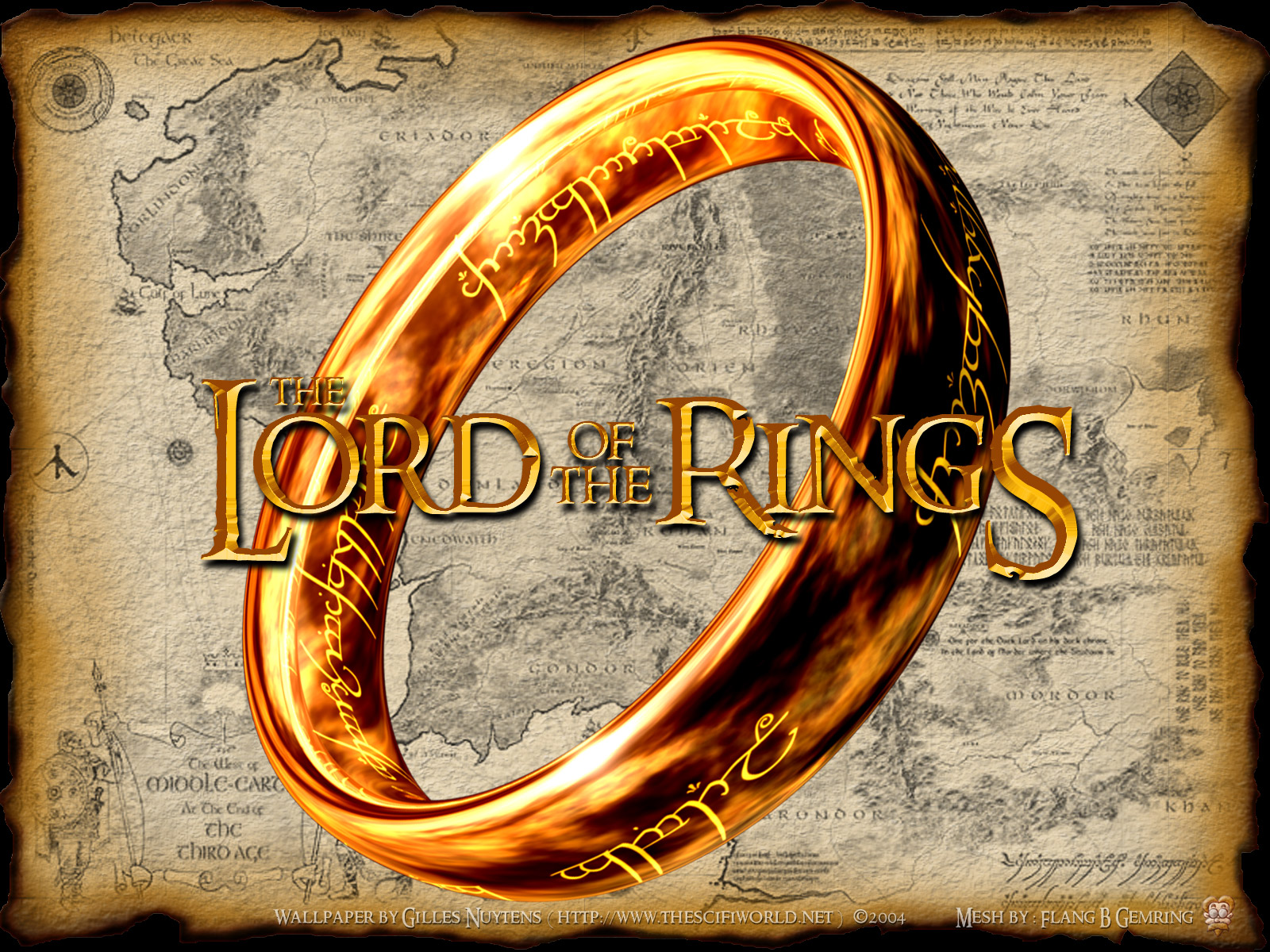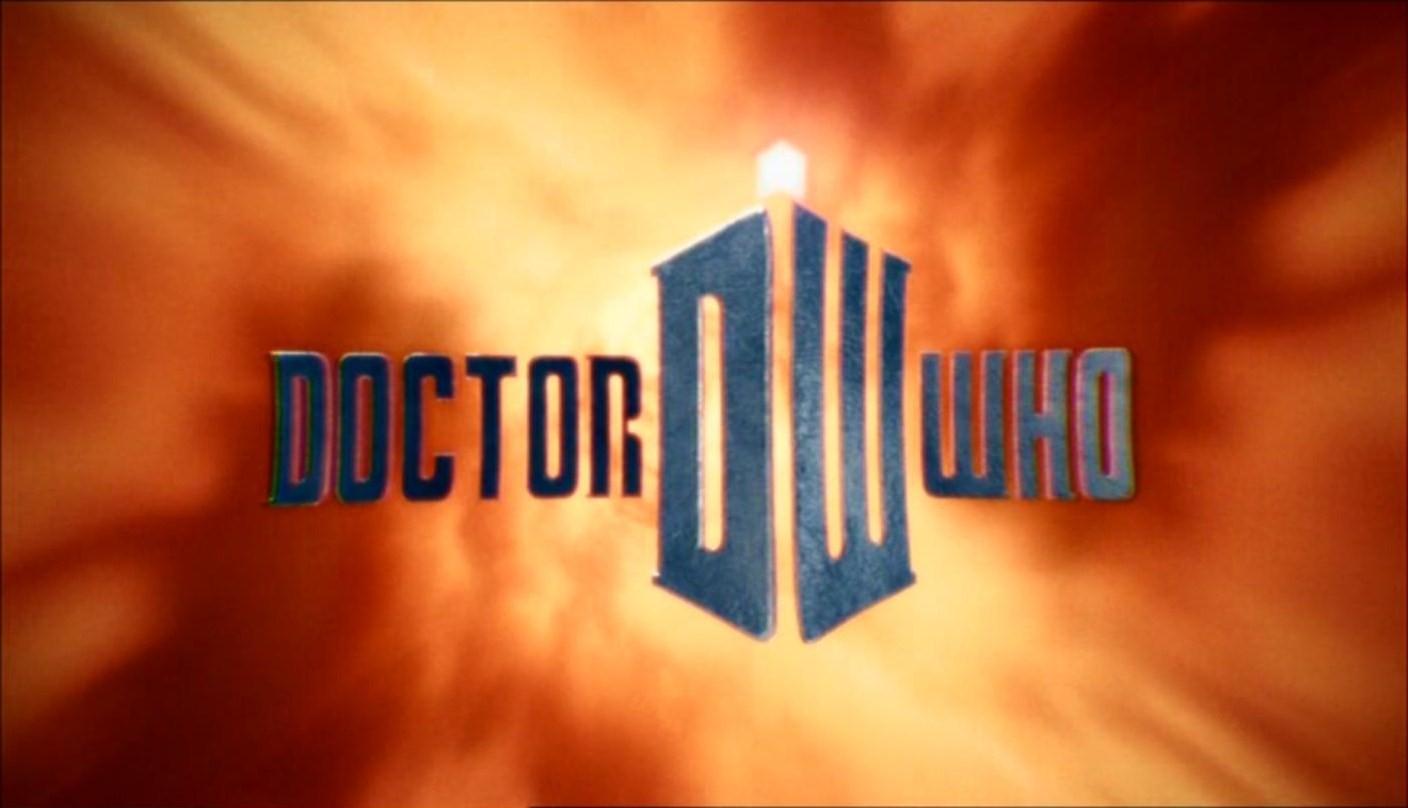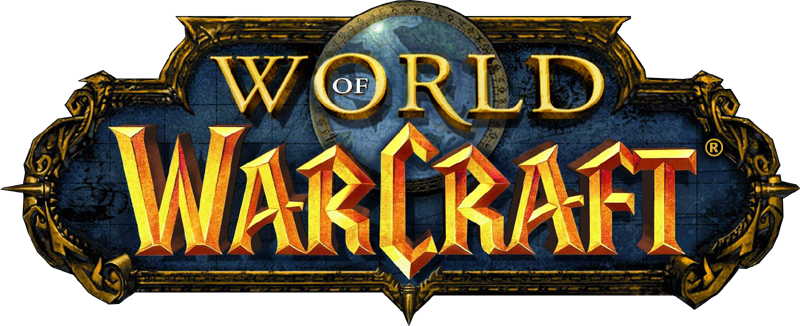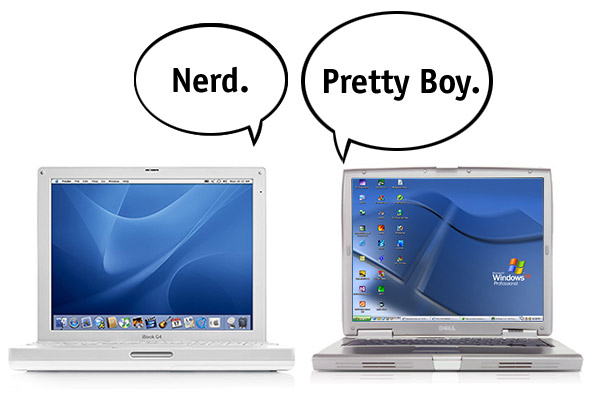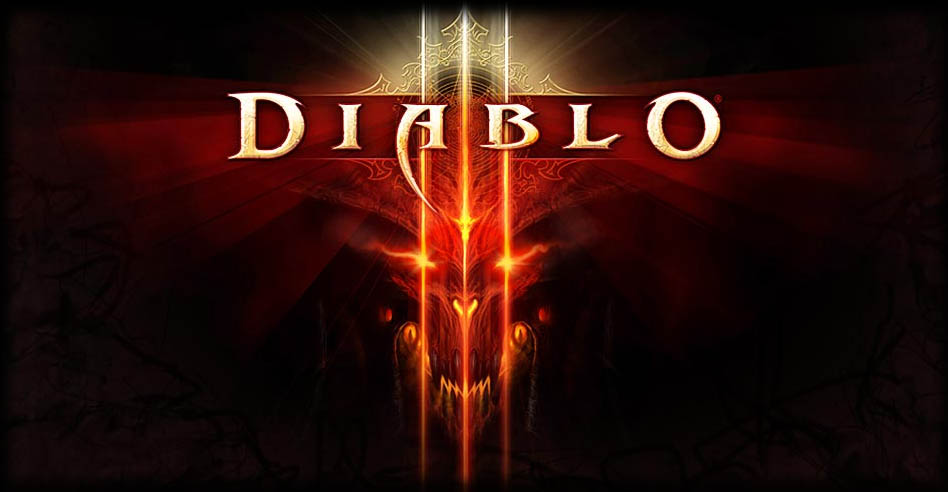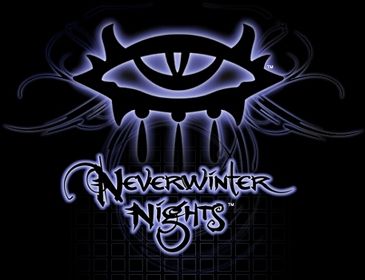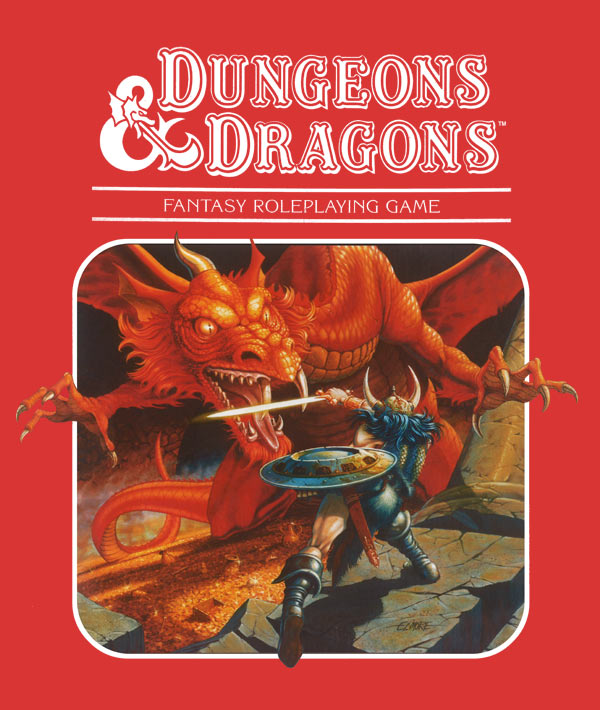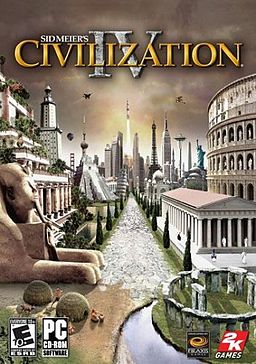
geralt / Pixabay
Sometimes I think Math teachers are lucky. While they have students who don’t understand certain concepts at least the students and their families don’t question or doubt or just plain not believe mathematical concepts. I guess the same is true for tech and engineering. But for the S in STEM, Science, we have to deal with students and families who don’t believe in certain scientific concepts such as climate change or evolution.
I read a blog post on Stories From School, Out of My Hands…, just as one of the teachers I have worked with for years shared a letter she wrote to the families of her students about teaching evolution. In the blog post from Stories from School the teacher shares her appreciation of the Next Generation Science Standards (NGSS) because it spells out what we are expected to teach. I don’t know if it’s worse or the same in rural schools but I know that I’ve run into students that questioned the validity of the science concepts I’ve taught. Debating science topics and concepts work when the facts are not in question. Such as the fact that climate change is happening, impacting our world negatively, AND caused by humans. Or the fact that living things evolve over time. Including, yes, homo sapiens. The age of the Earth is also a well known fact that is not in question.
It’s sad that we have to refer to national or state standards or that we have to write letters to explain that certain things are the way they are and that there’s enough evidence and consensus among experts to justify why we are teaching those concepts. It’s sad that some families might even feel they need to excuse their children from being present for the teaching of certain Science topics. Learning about something the way a trained expert teaches it doesn’t mean students have to believe it after they learn it but they should at least learn the facts.
After reading my colleague’s letter I asked her if I could share it here to showcase what a teacher had to do to teach Science. Kit teaches our alternative program called Pi. It’s a great program for kids who benefit from a different school model. Kids in the Pi program don’t attend school full time or even at the regularly scheduled times of regular school and their parents are way more involved. Teachers meet with families monthly to keep track of their children’s learning and progress. It’s pretty cool and yet Kit still felt the need to send the following letter home:
“Dear parents and students in Kit’s Biology class,
Before we embark on our unit study of evolutionary biology, I would like to share a bit of background information with you and enlist your support in understanding the place I come from in this instruction.
I give you every assurance that I am in no way working to unsettle or change anyone’s views and beliefs, but aim to educate and elucidate regarding the principles and concepts related to the theory of evolution. While we won’t be discussing “Is there a God?” (a faith question) or “Should federal funds be used to support stem-cell research? (a debate/opinion question), you may want to do that at home. “How are the genomes of the wolf and the dog related?” is an empirical question. Empirical questions are settled primarily using evidence. “Has biological evolution occurred?” is an empirical question that has been answered by the scientific community over an extended period of time. It is not a question of faith where one’s beliefs are the focus. The goal of science education is to teach science, not religious beliefs. My hope, in our brief exposure to this unit of study, is that students will gain a working knowledge and fluency with the concepts of evolutionary biology, and integrate this into their ability to discuss, reason and support their own views and beliefs. It will also comprise a significant portion of the conceptual material tested in the EOC (End-of-Course) exam in Biology.
I passionately and fervently support each individual’s right and responsibility to ponder, ask questions, search, and grapple with their own deep system of beliefs regarding how the universe came to be, how life came to be, and what might be the ‘meaning of it all’. Asking these deeper questions can cross into faith and religion, neither of which I have been hired to teach. While there may be a ‘political’ controversy regarding creationism, intelligent design, and evolution, there is no such thing within the scientific community. No evidence exists to refute evolution, although scientists do have questions and often disagree about the patterns and processes, or “how” evolution occurs. As the fundamental nature of science dictates, scientists’ conclusions and explanations are tested by experiment, observation and communication to a professional audience of peers. Subjecting the ‘how’ of evolution to the scientific process does not call into question ‘whether’ evolution has occurred. My intention in this communication is to share the parameters for how I will frame our engagement with this subject in the classroom.
As a science teacher, I want to equip my students with thinking skills and knowledge to inform whatever life path they choose, whether it is to study pre-med and eventually become a physician, or to start their own business, travel, or work for an employer. One of the most inspiring and appealing features that led me to pursue a career in science is that the body of scientific knowledge constantly changes as new observations and discoveries are made. Theories emerge, while others are modified or discarded. During this process, theories are formed and tested on the basis of measurable evidence, consistency, and their explanatory power.
In science, “theories” are well-substantiated explanations of some aspect of the natural world that incorporates facts, laws, inferences, and tested hypotheses. A fact is an observation that has been repeatedly confirmed. Thus, a scientific theory is not just a hunch or a guess – it is based on research, testing, and observation – and continues to change as new observations and discoveries are made.
Why teach evolution?
The theory of evolution is the best scientific explanation we have for how life on Earth has changed over time, and how it continues to change. If I were to omit this portion from our year-long study in Biology, I would be doing a grave disservice to our students, who will be expected to have a working familiarity with the concept that living things have diverged from shared ancestors. In the broadest sense, evolution is the idea that the universe has a history, and that change through time has taken place. Abundant and consistent evidence from astronomy, physics, biochemistry, geochronology, geology, biology, anthropology and medicine indicates that evolution has taken place. Rapid advances currently being made in the life sciences and medicine (antibiotic resistance, for example) rest on principles derived from an understanding of evolution. Students continuing study in the sciences, from AP Biology to college and post-degree education and training will lack an essential foundation if they are not fluent in the concepts and underpinnings of evolutionary biology.
Science allows us to study past events and life even though we were not present to observe them. We know, for example, that ancient cultures existed because we can study artifacts that have been left behind. We know where bodies of water used to exist based on the information we find in the layers of soil and rock, as is currently being done by unmanned vehicles on bodies in our solar system. Data derived by varied means are used as evidence to support scientific theories. Thus, the goal of science is not to prove, but to explain.
I will give this pursuit my best efforts. Thank you for taking the time to read these thoughts. I hope it provides you with some background and information regarding our studies.
Respectfully yours,
Kit Pennell”
Well written. It’s part of what we have to do sometimes to help our students become scientifically literate. Have you had to justify what you teach?

